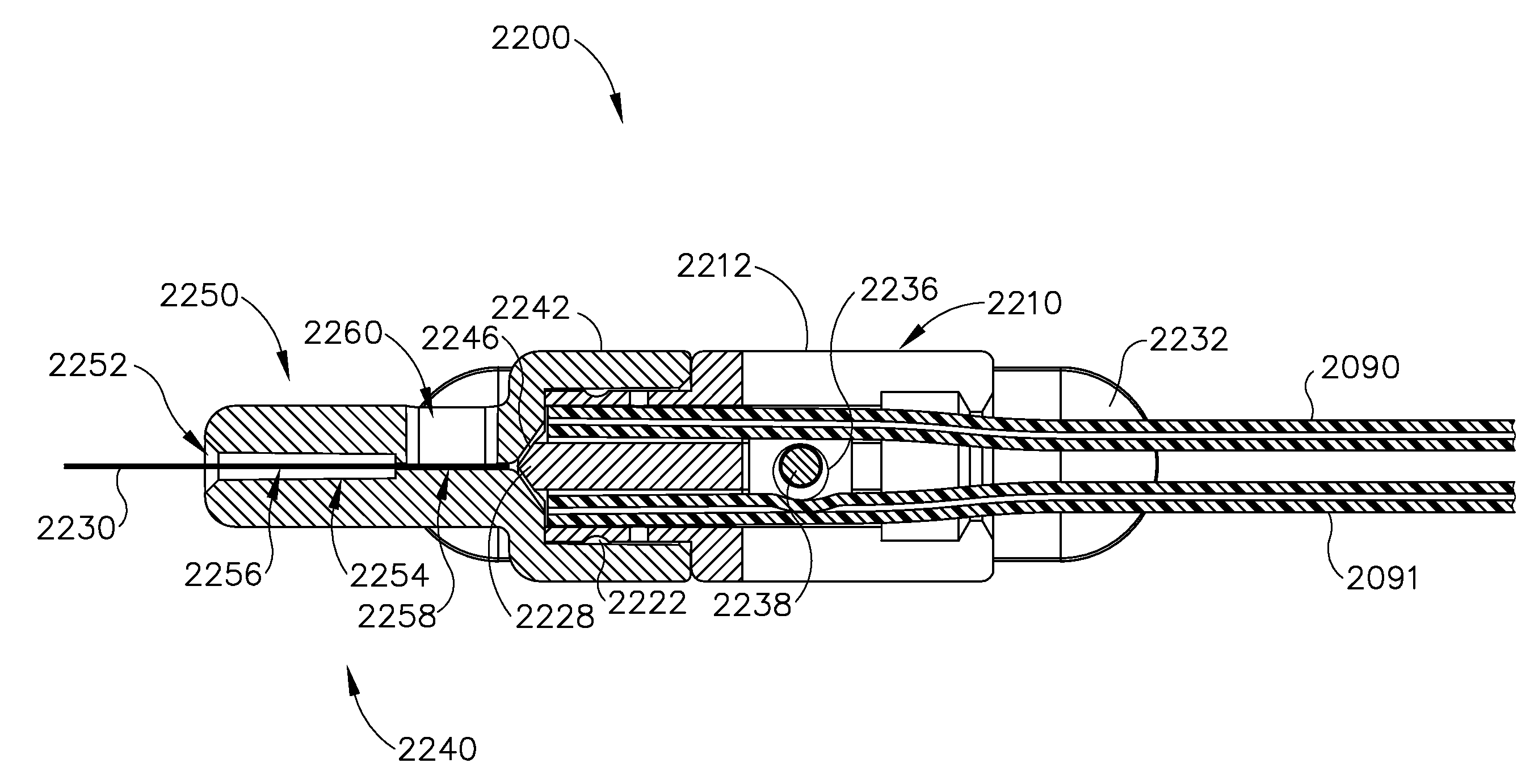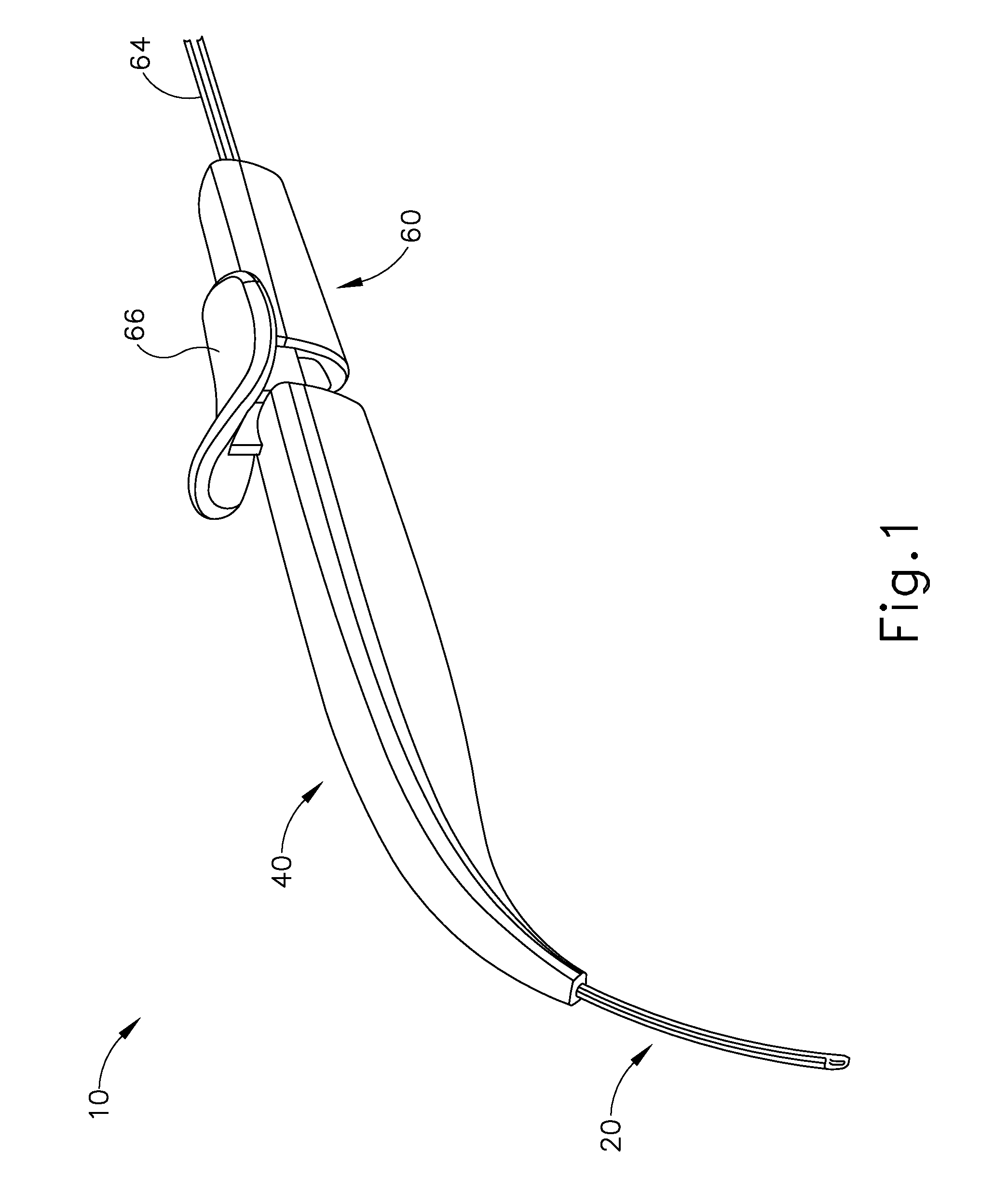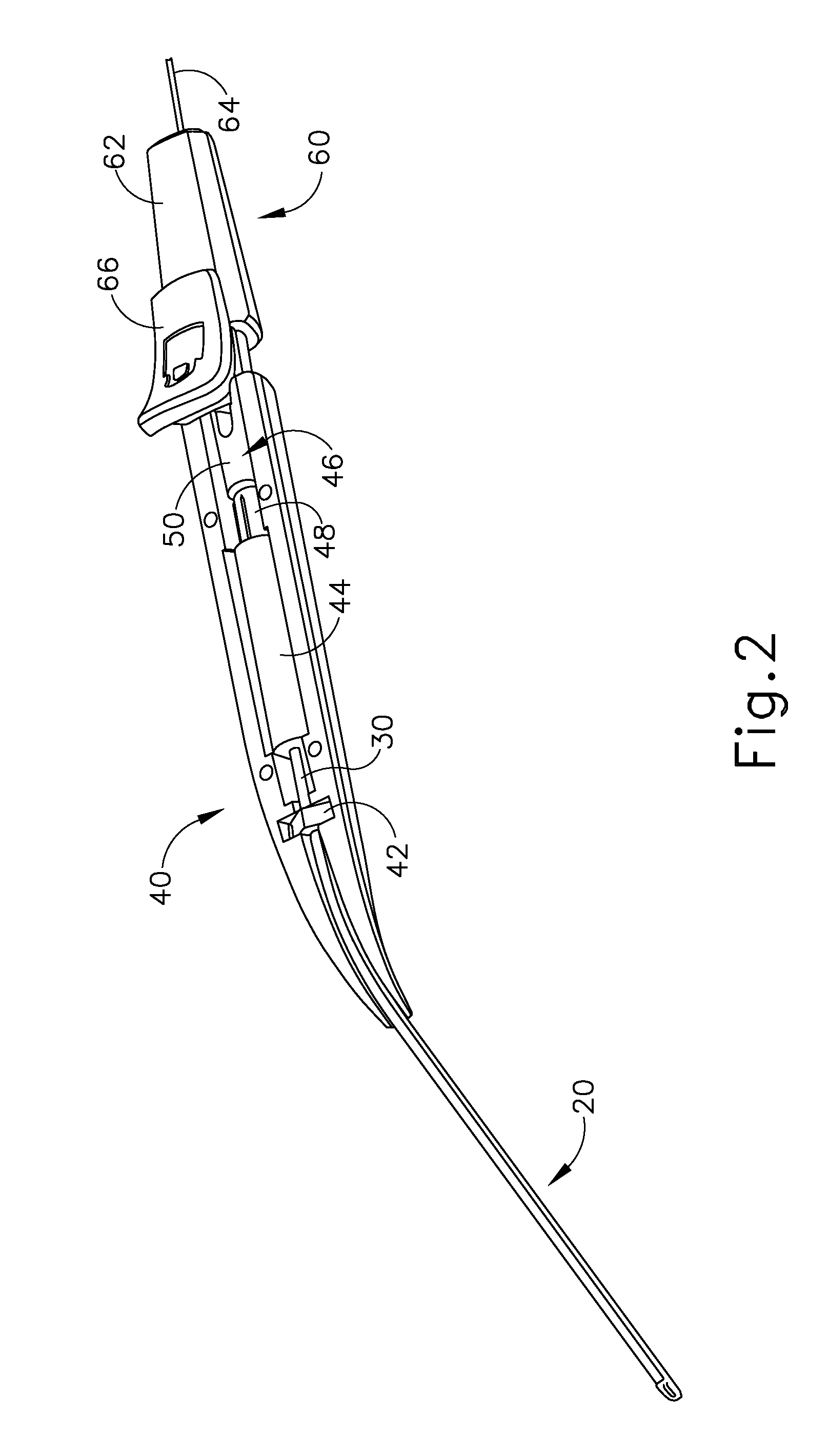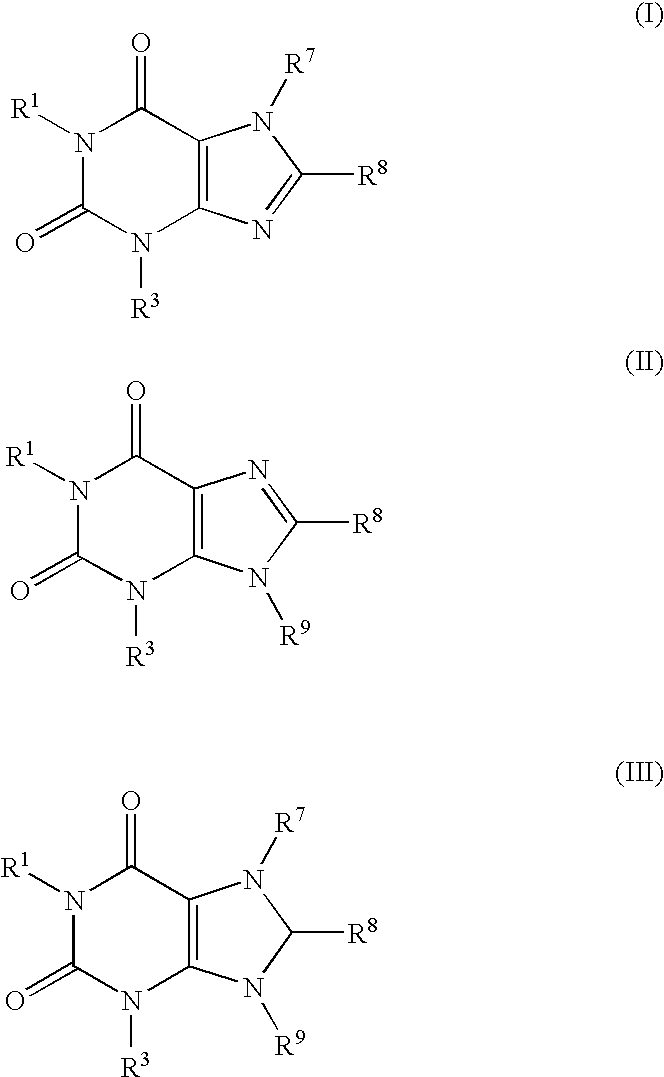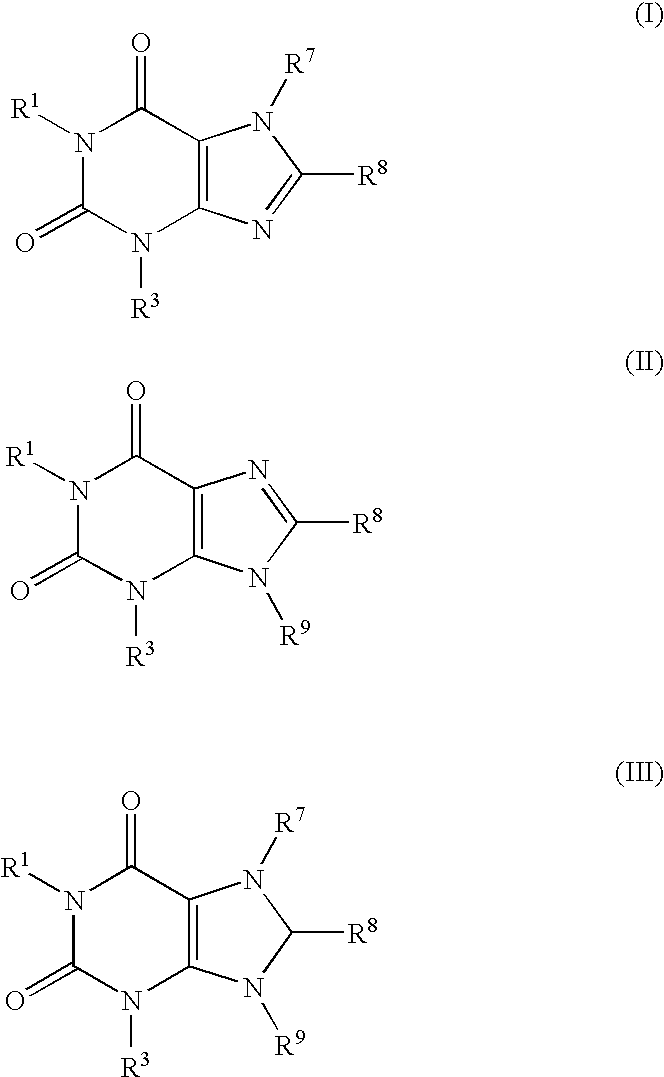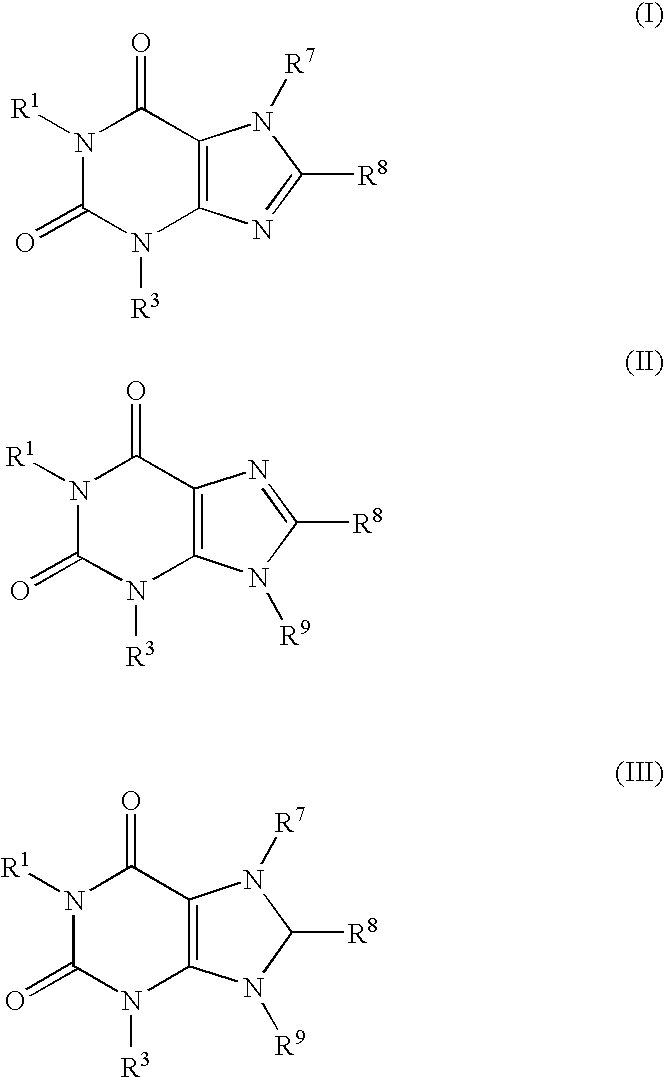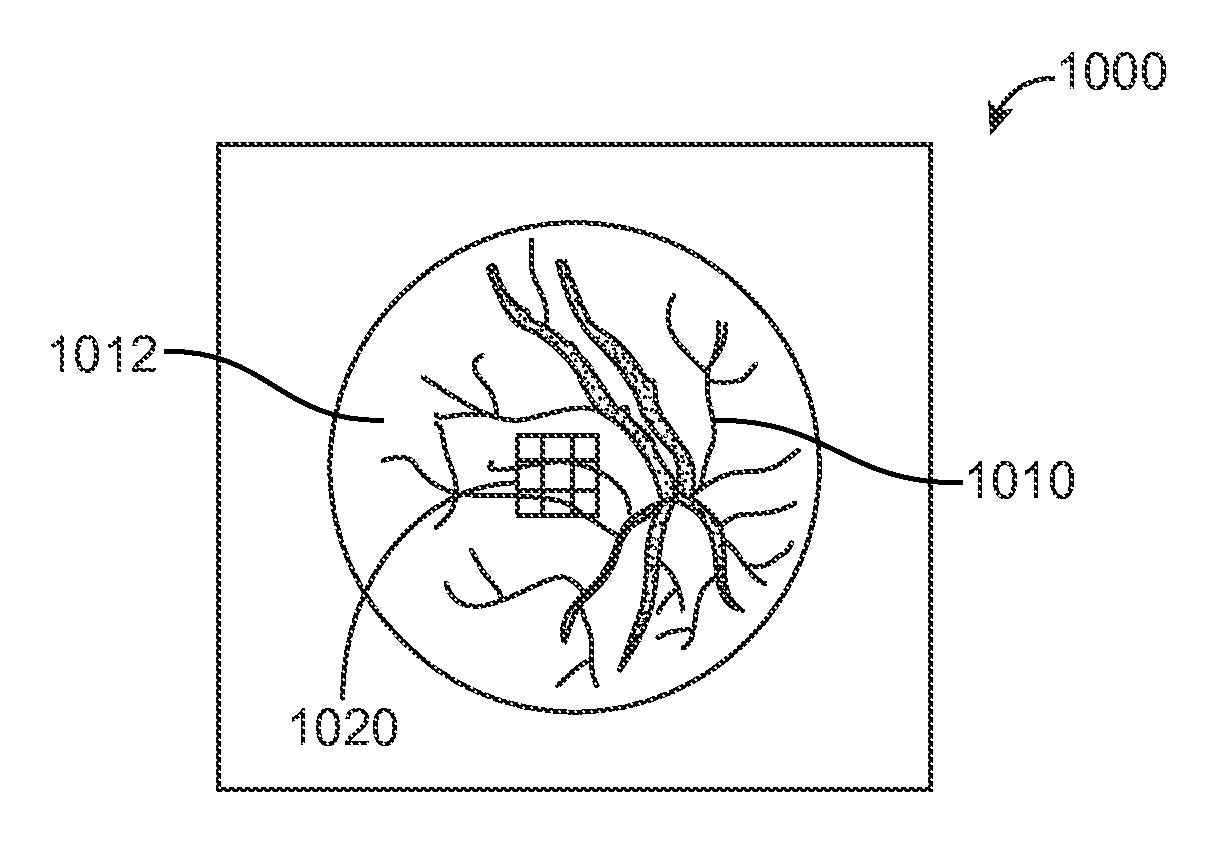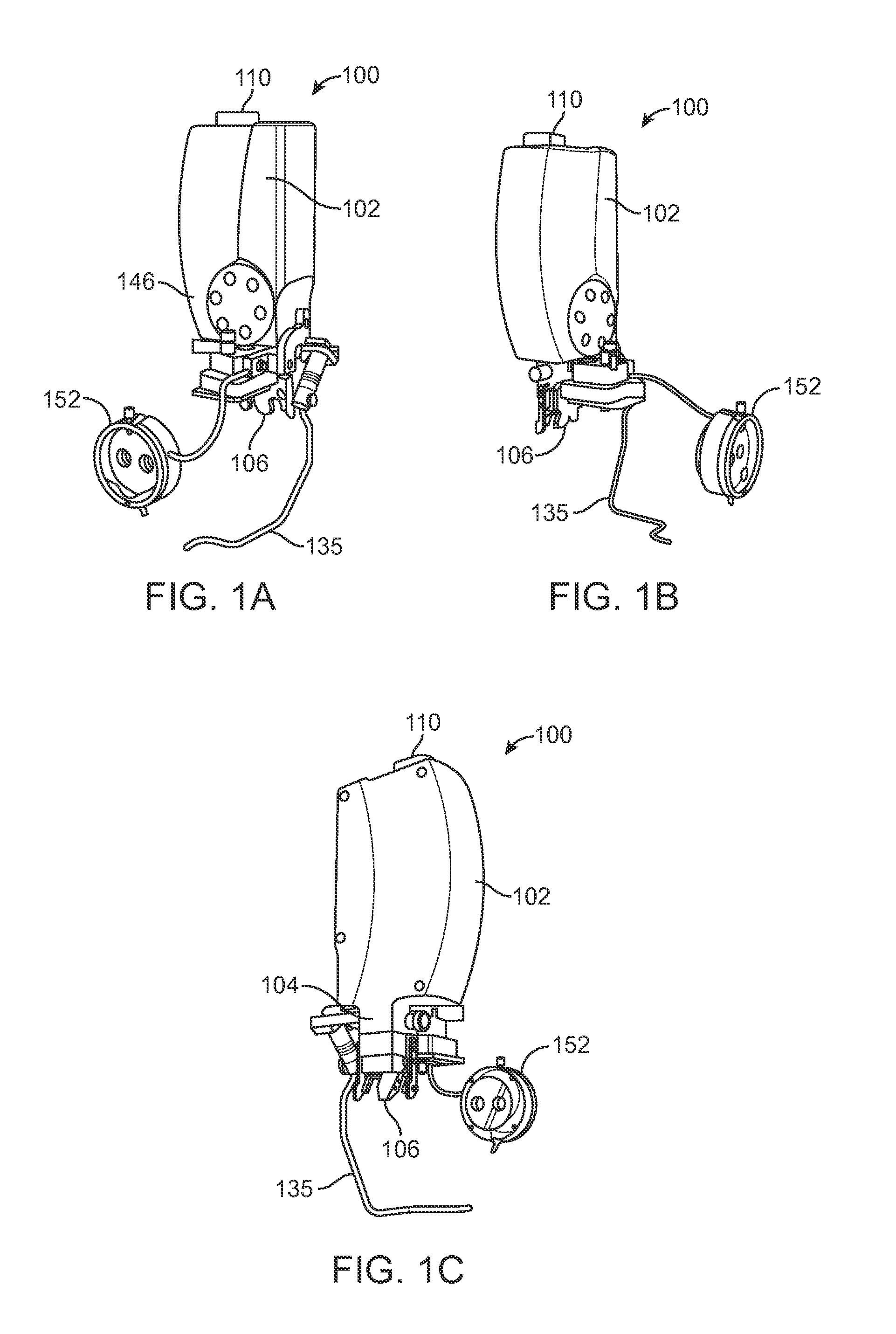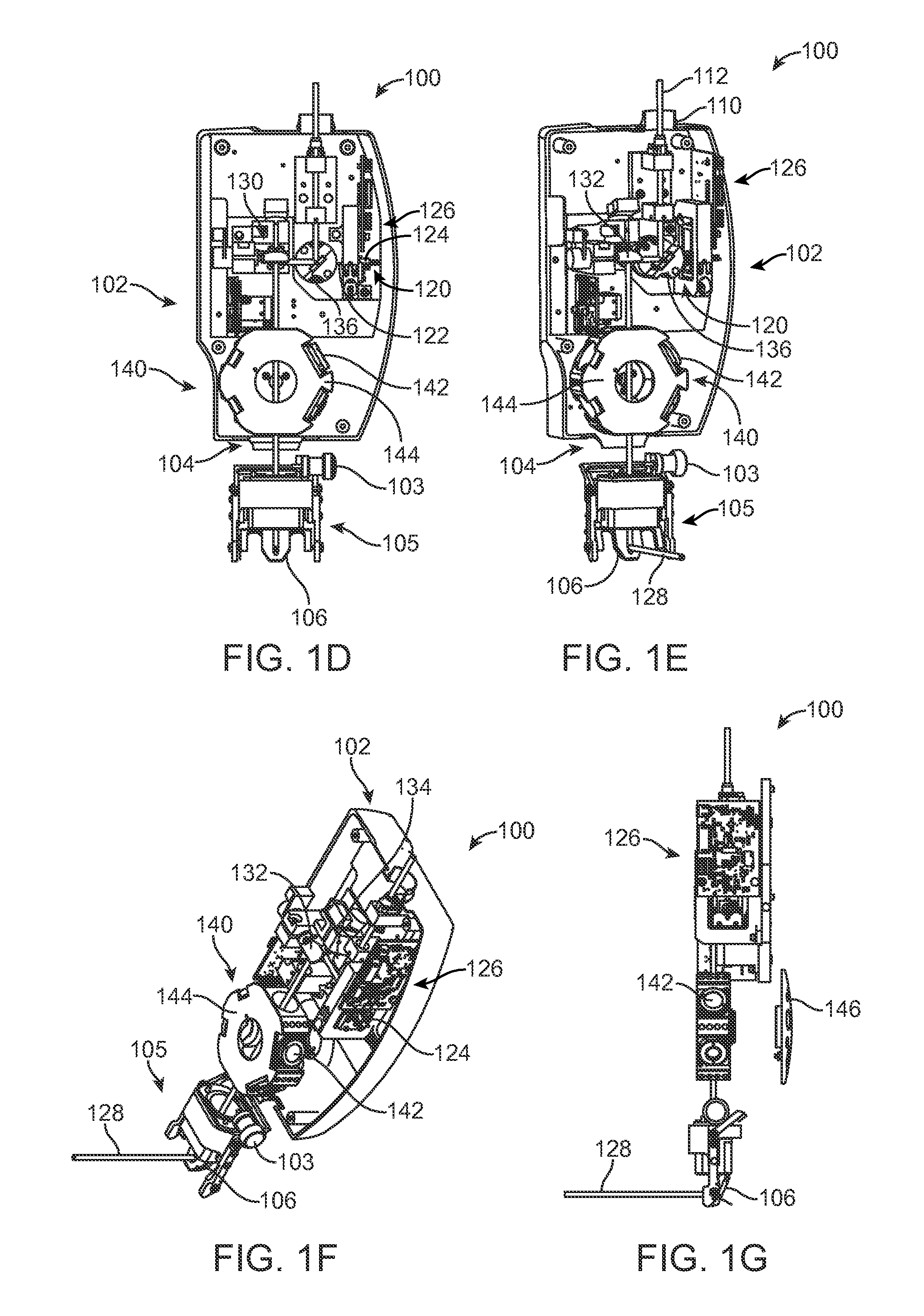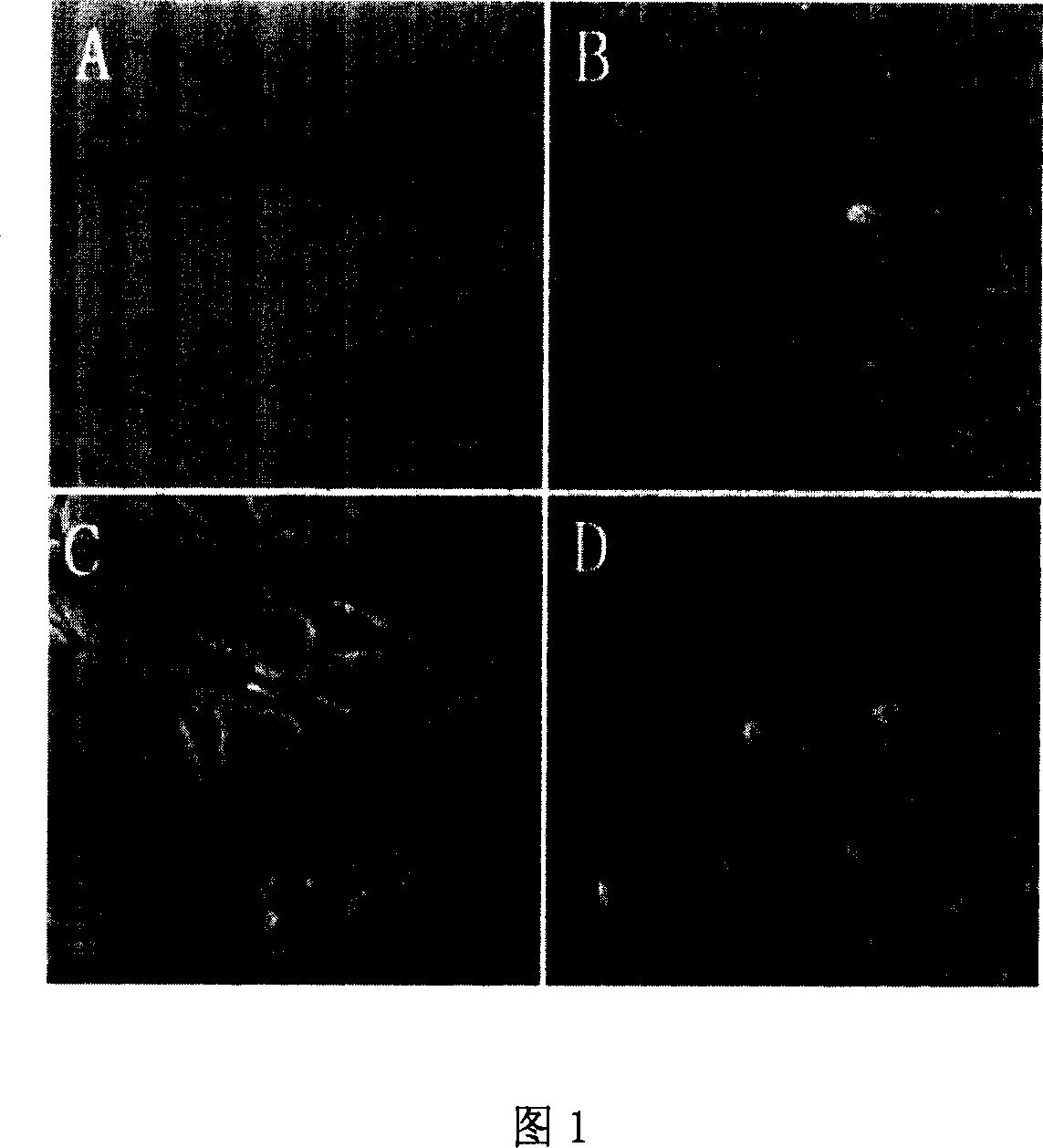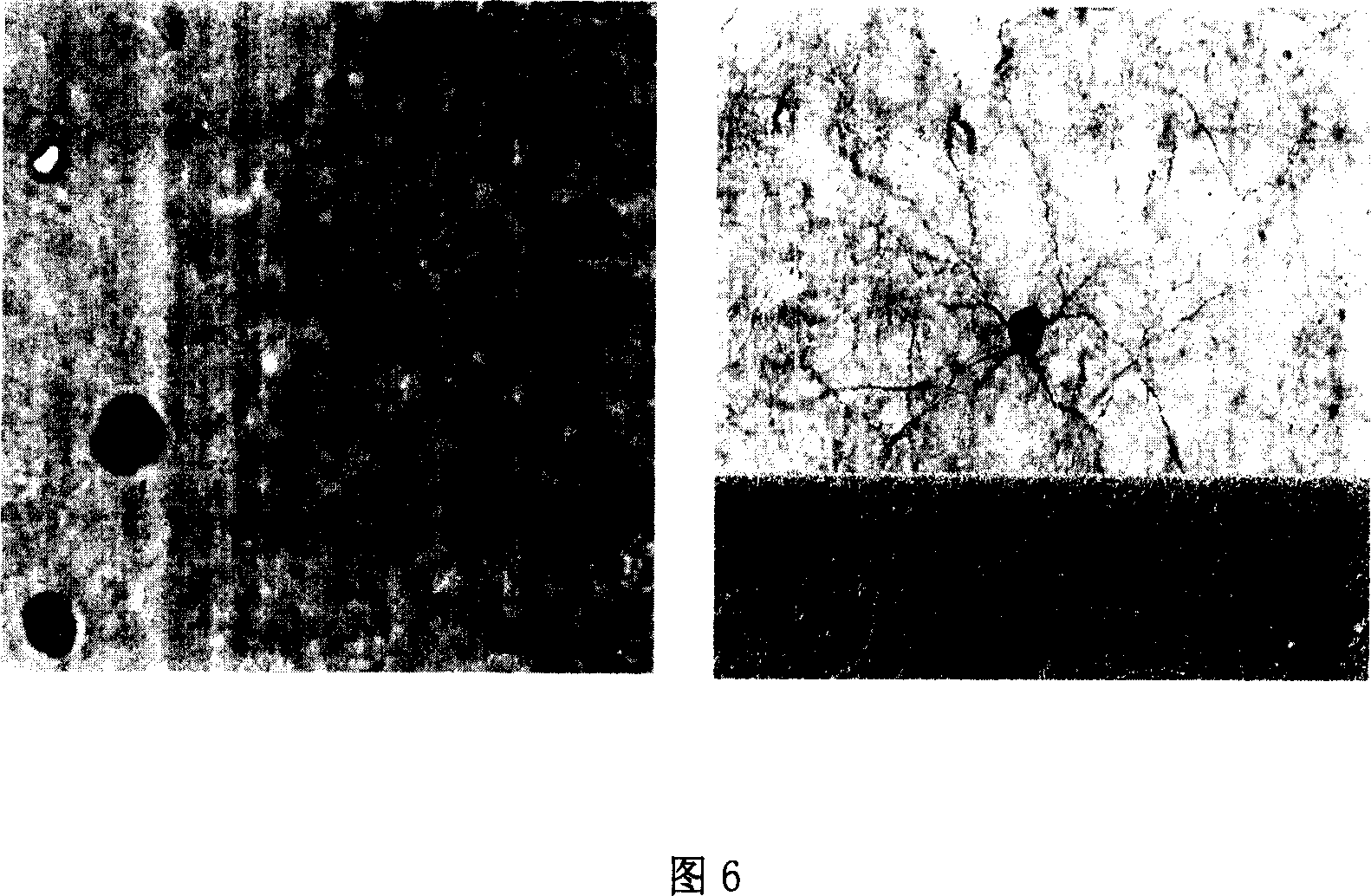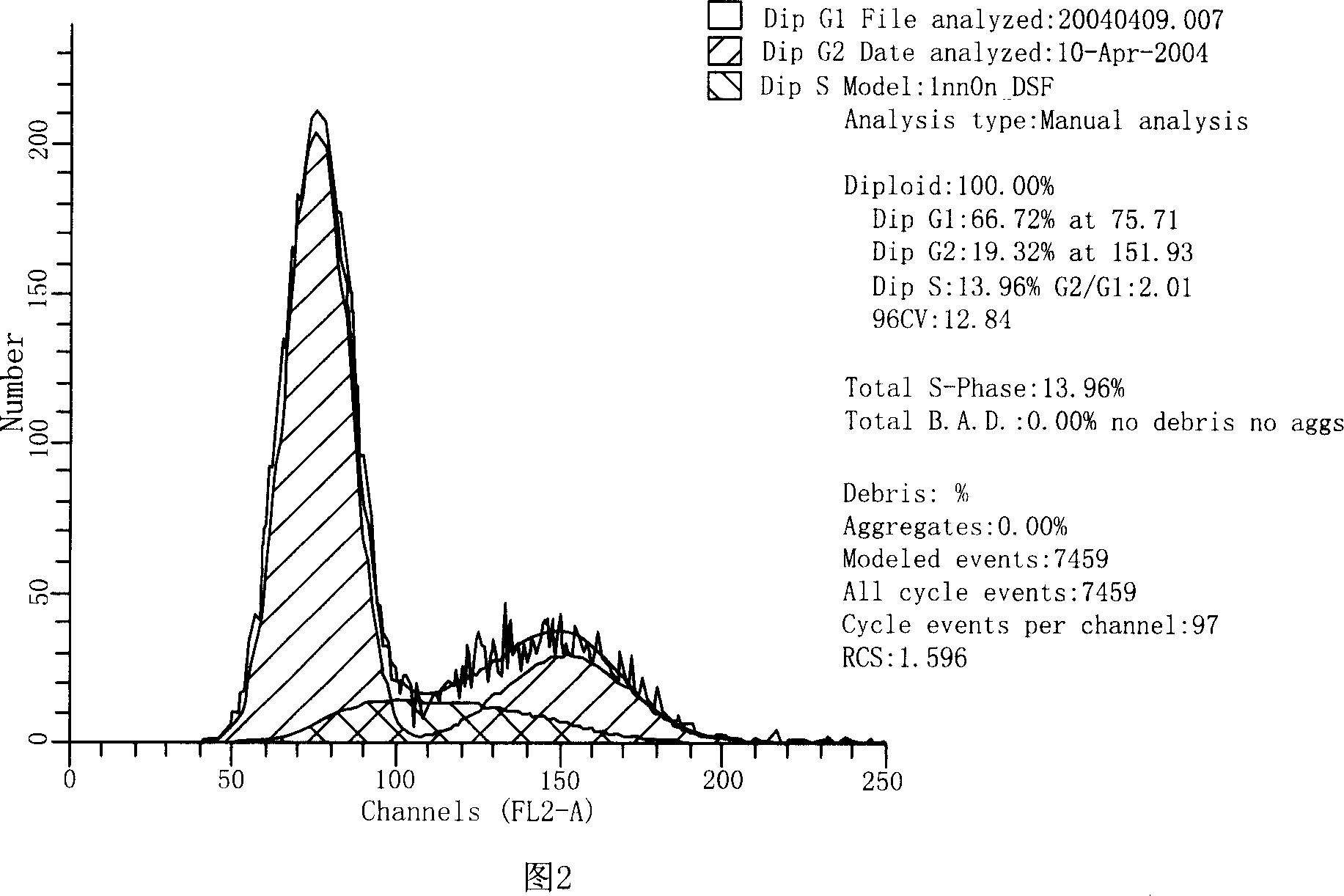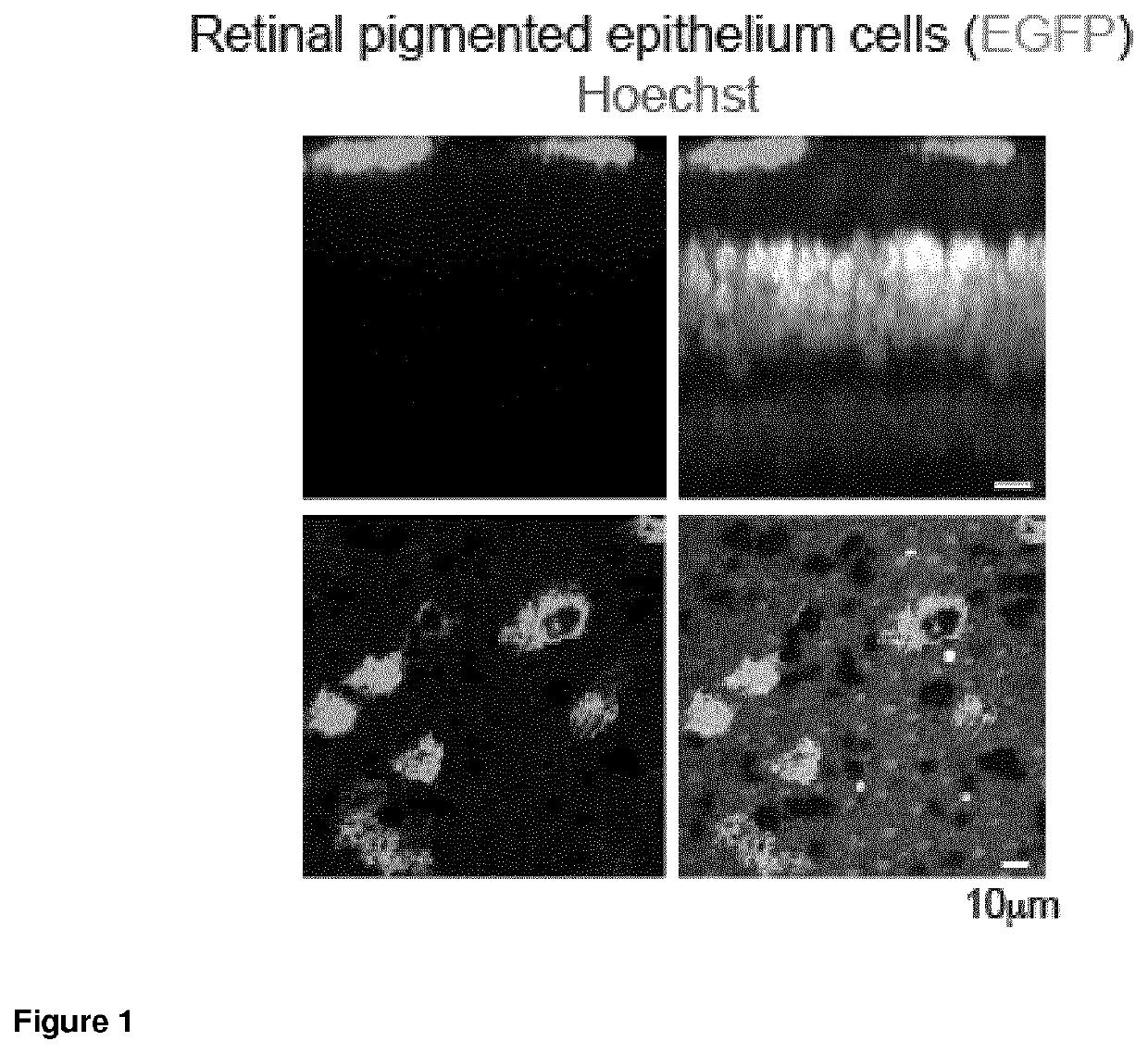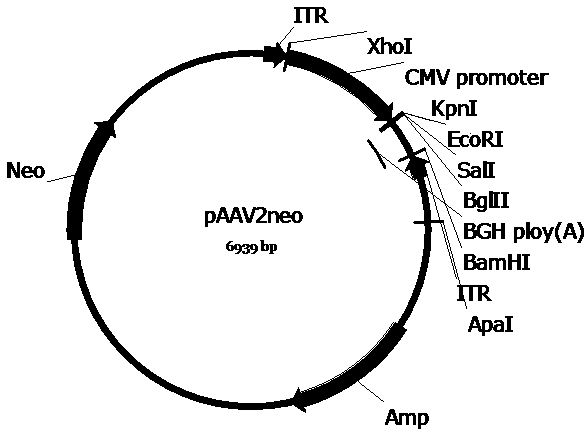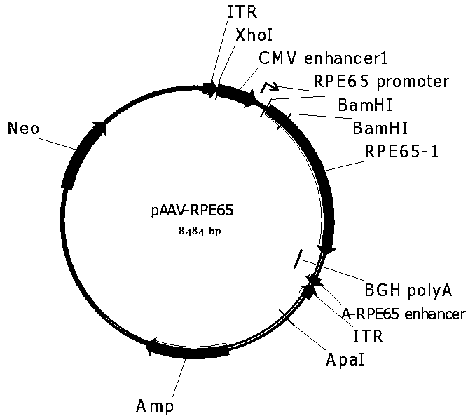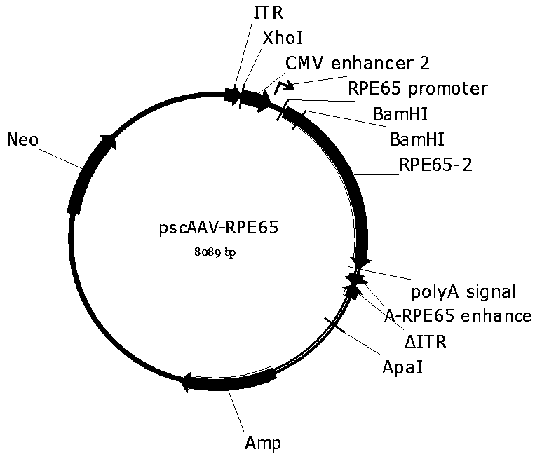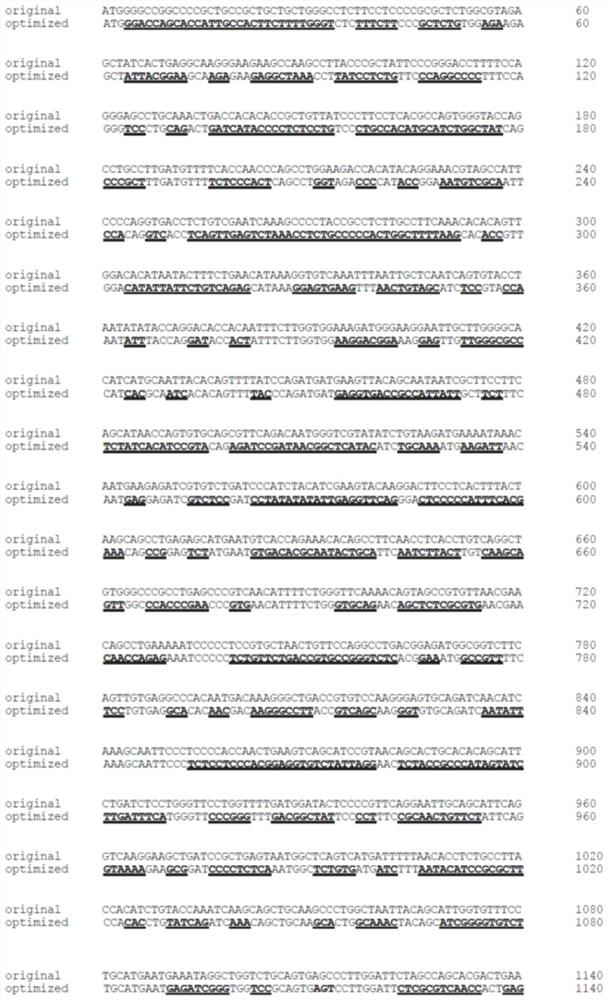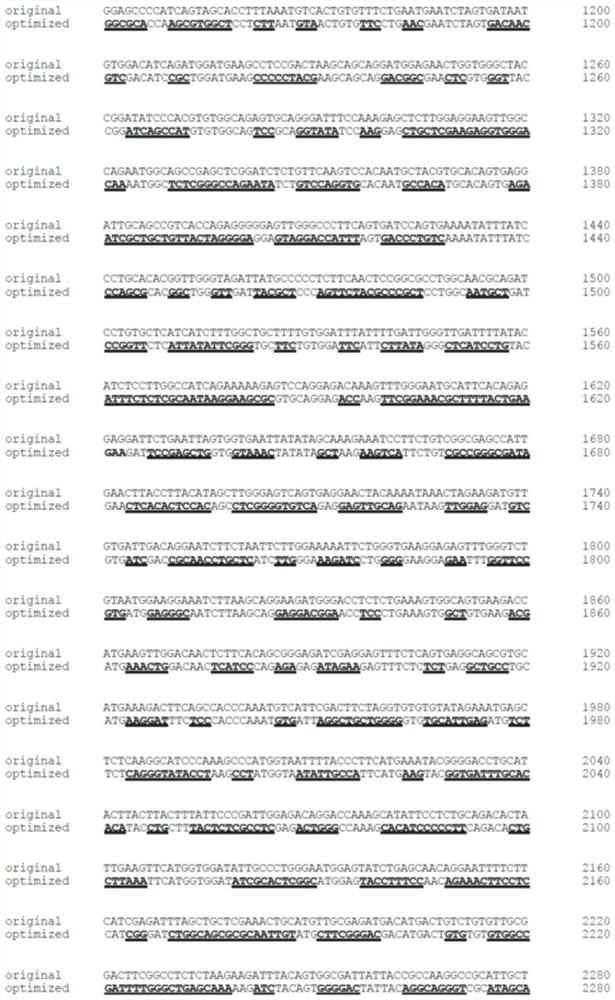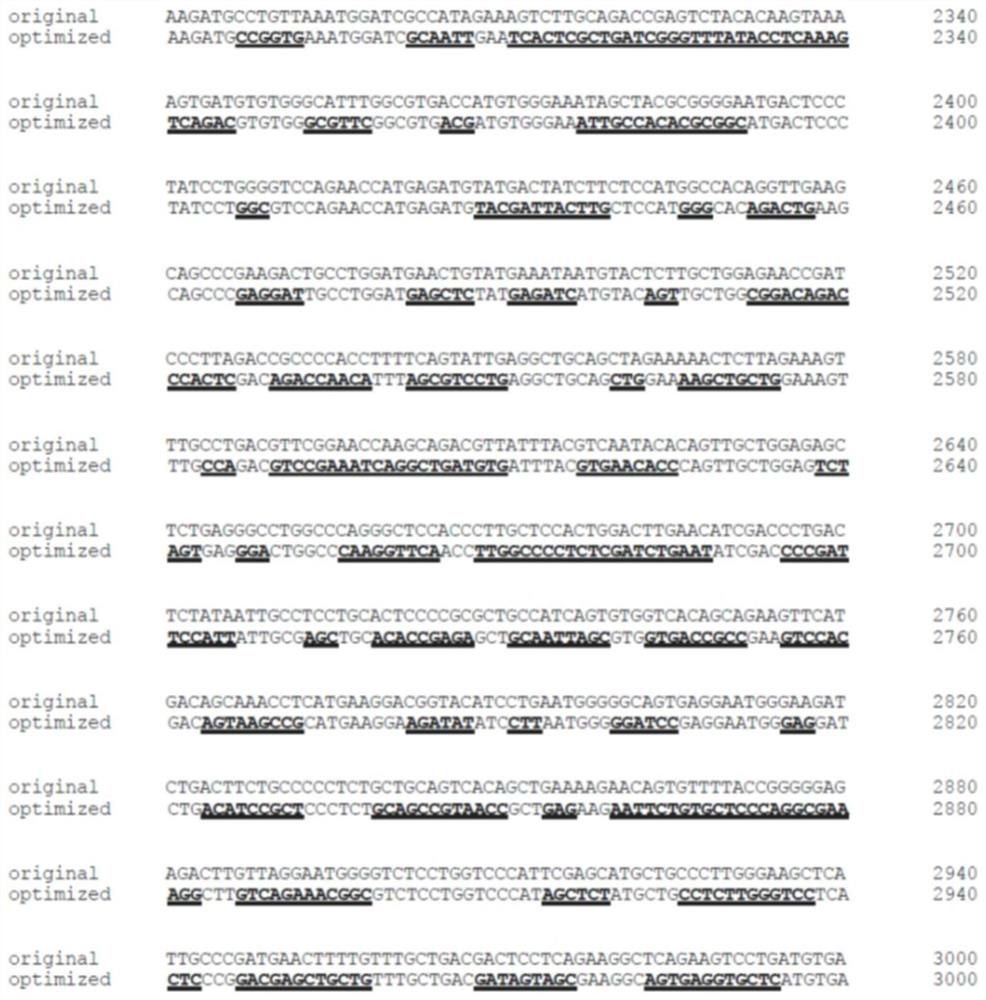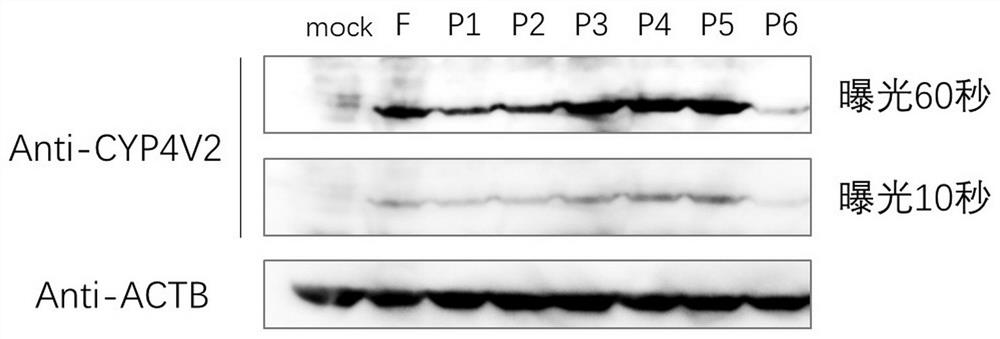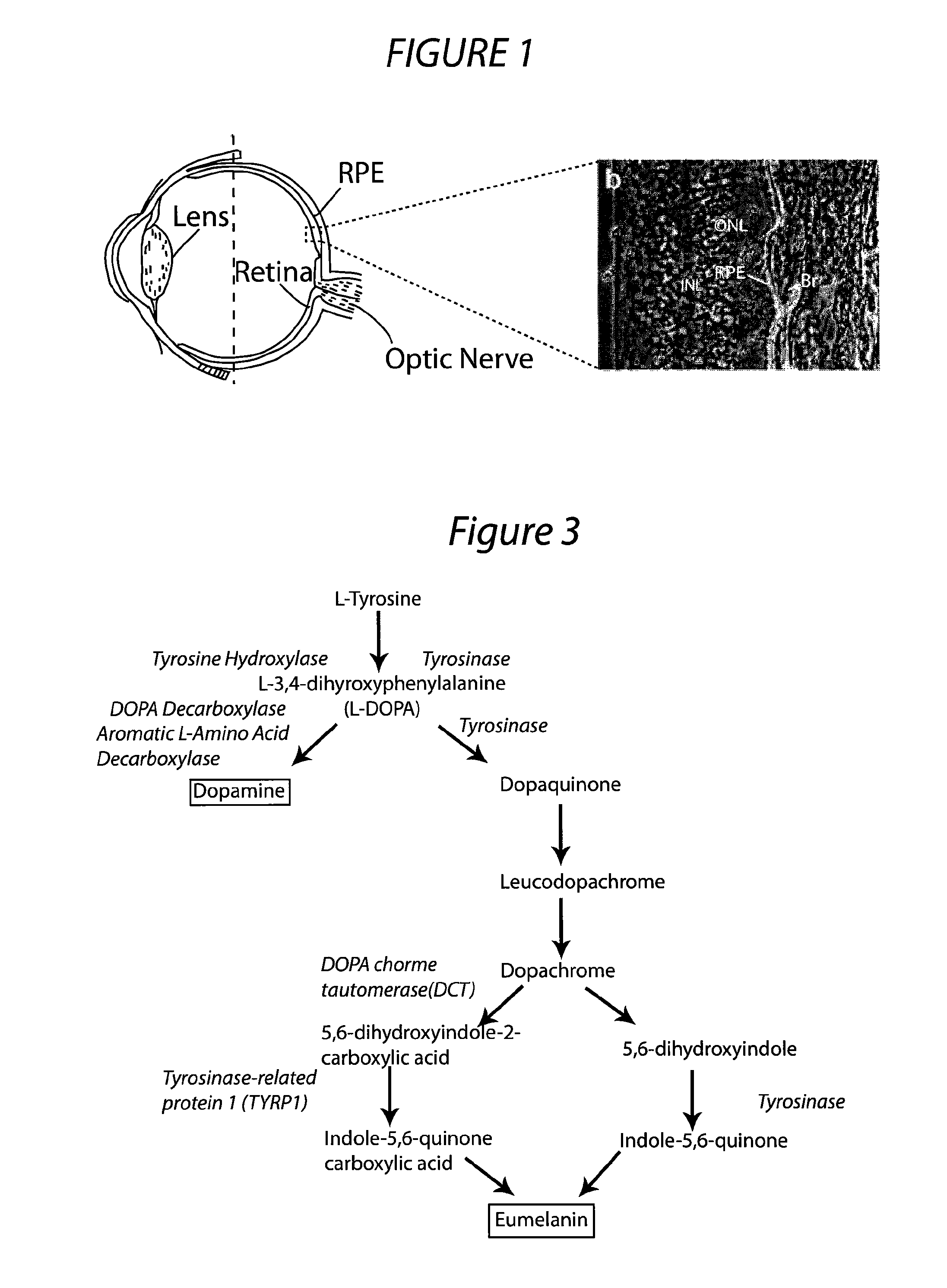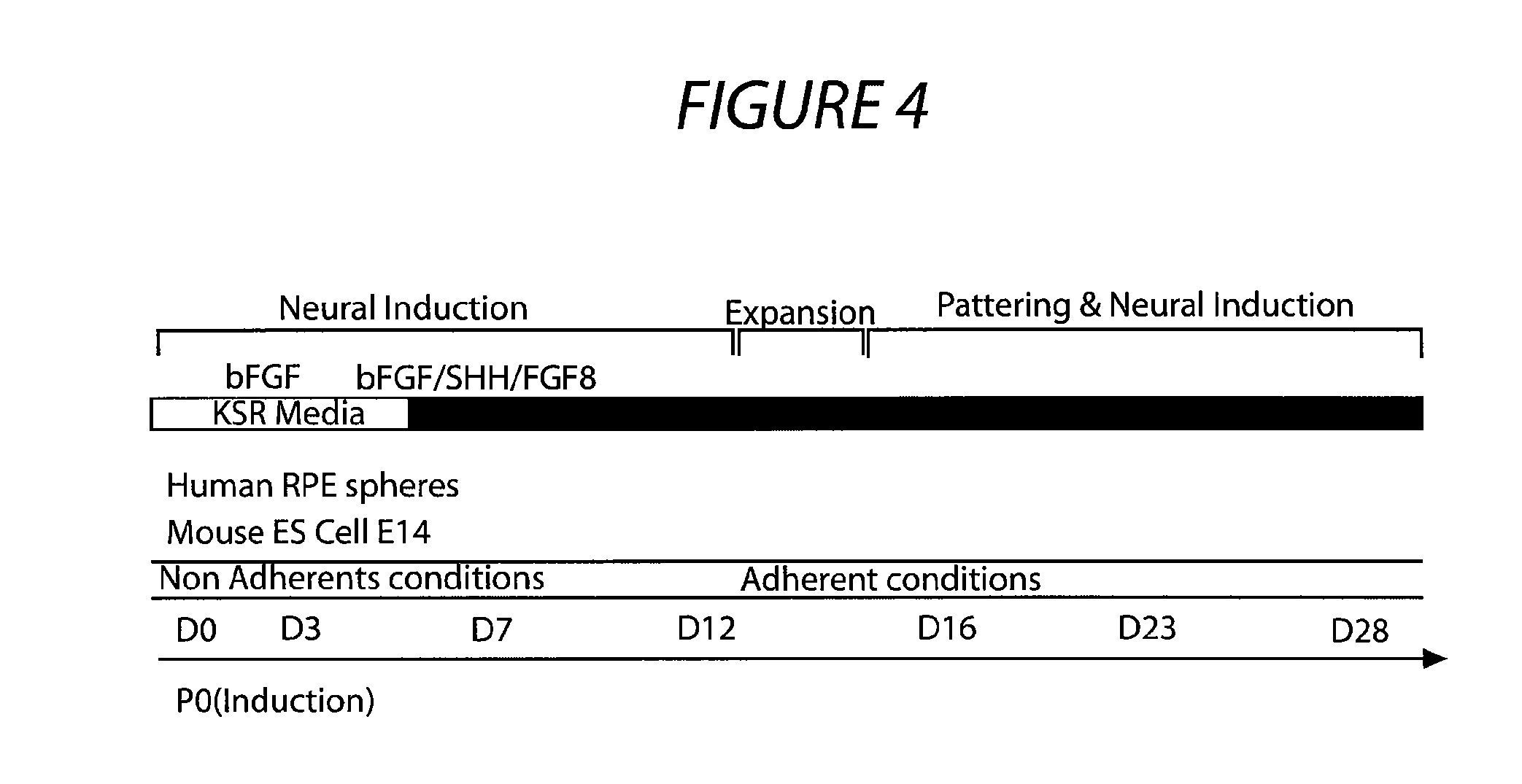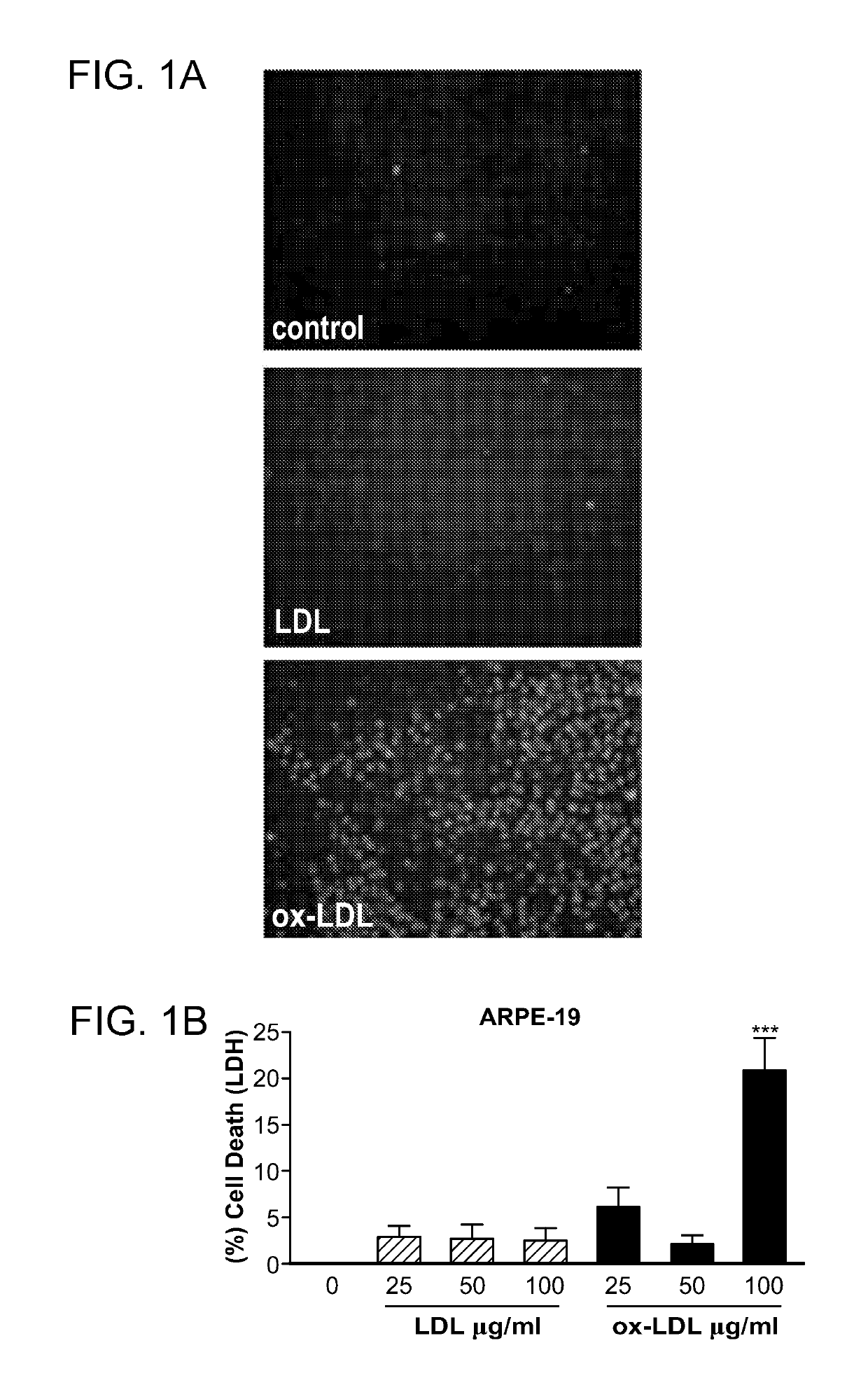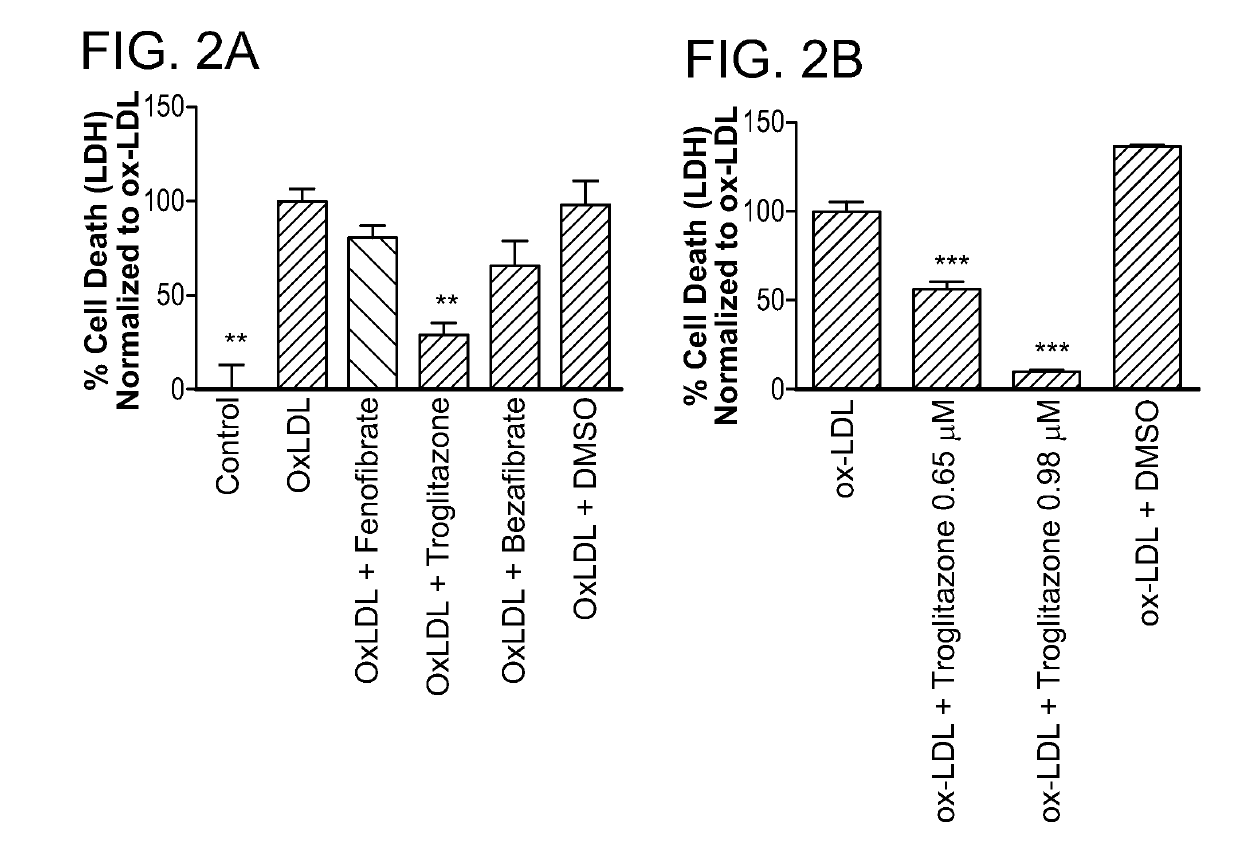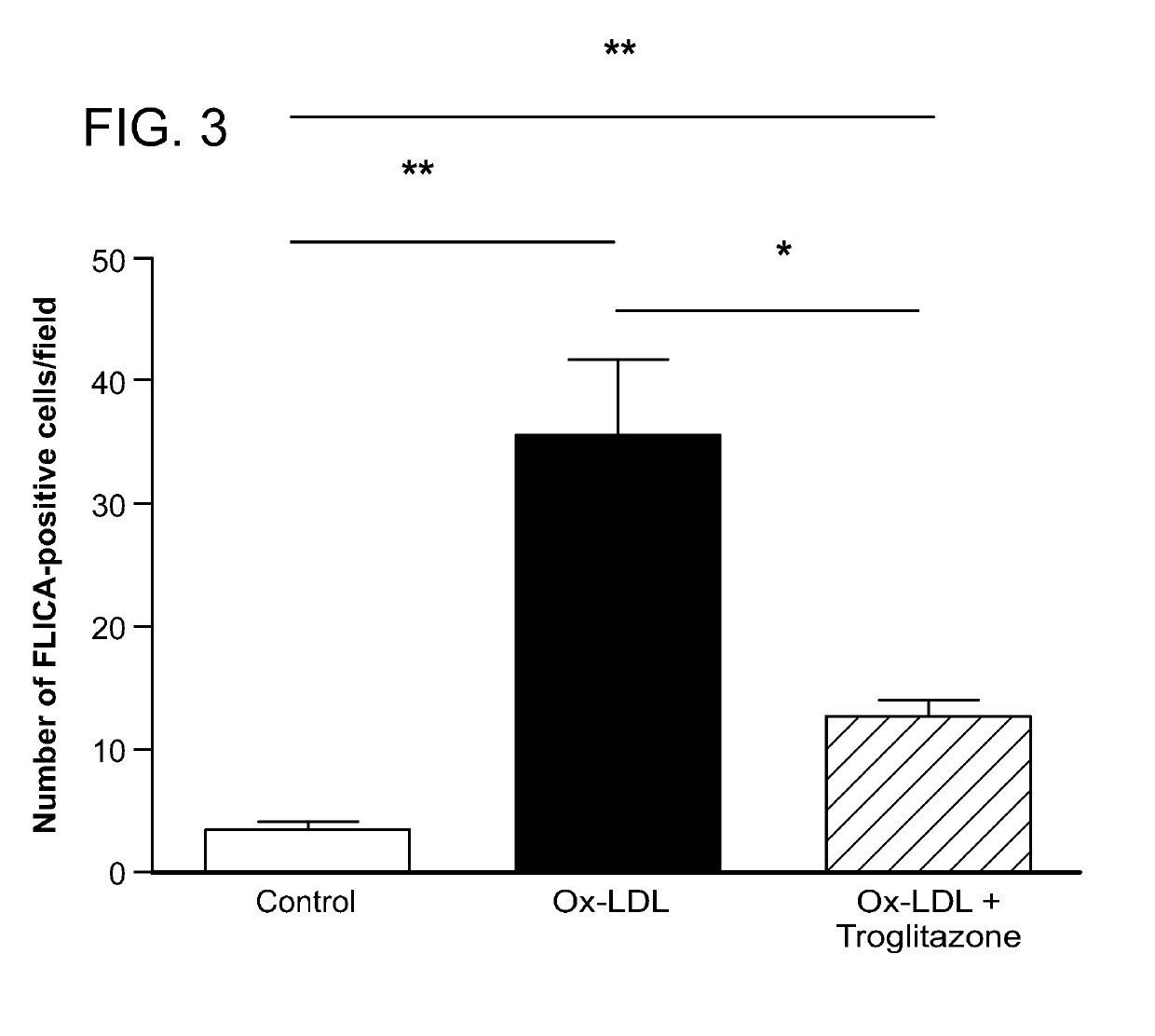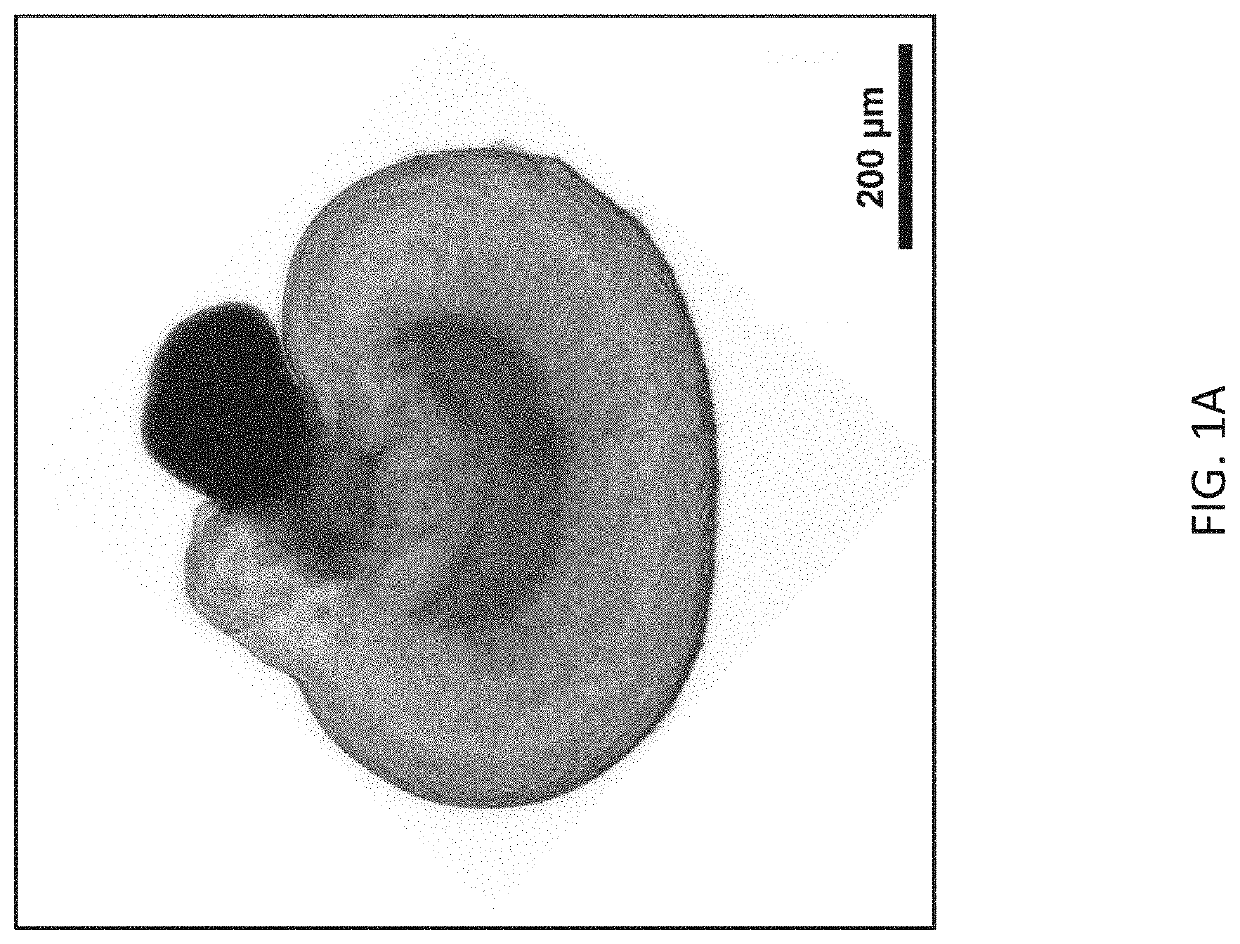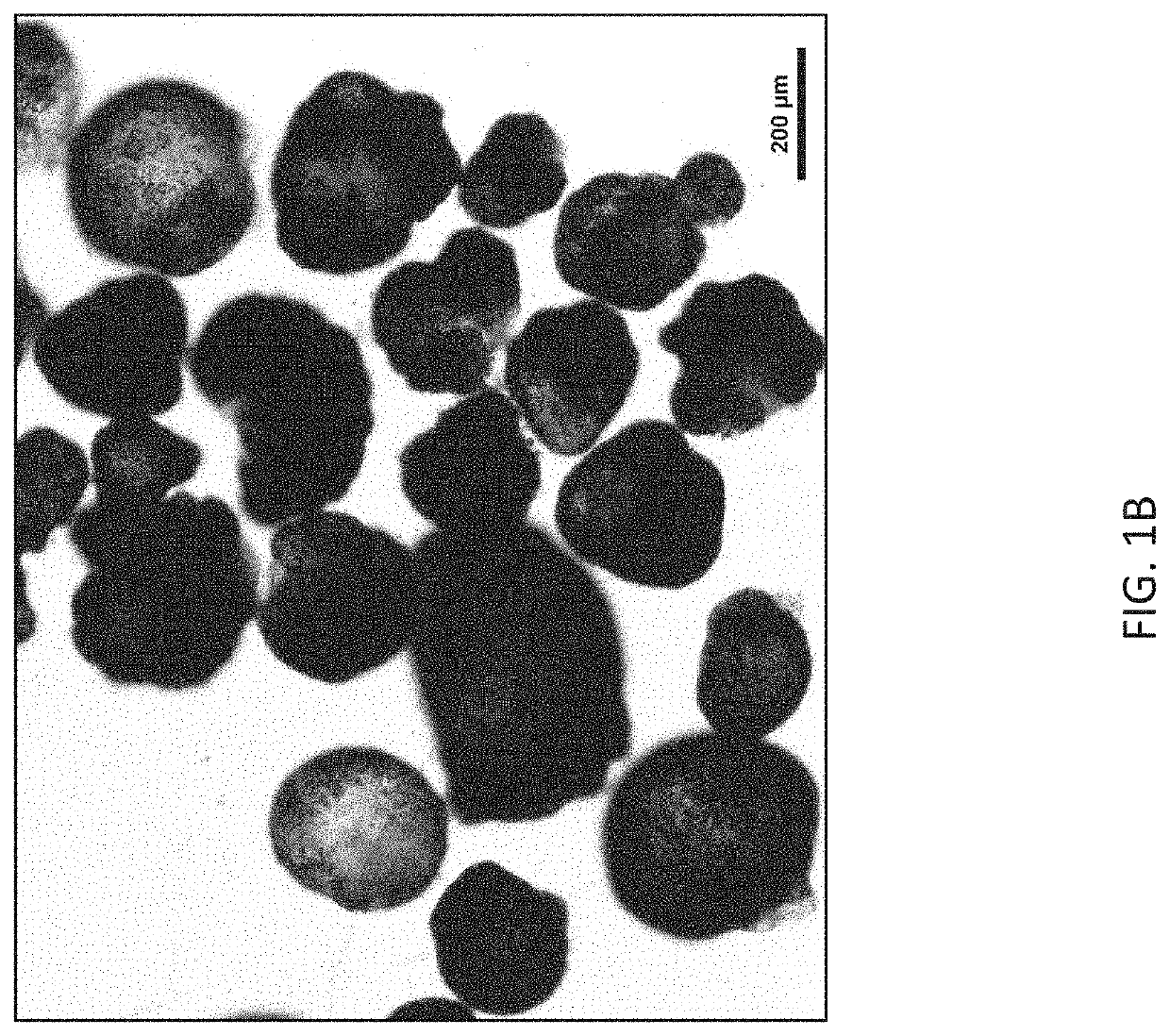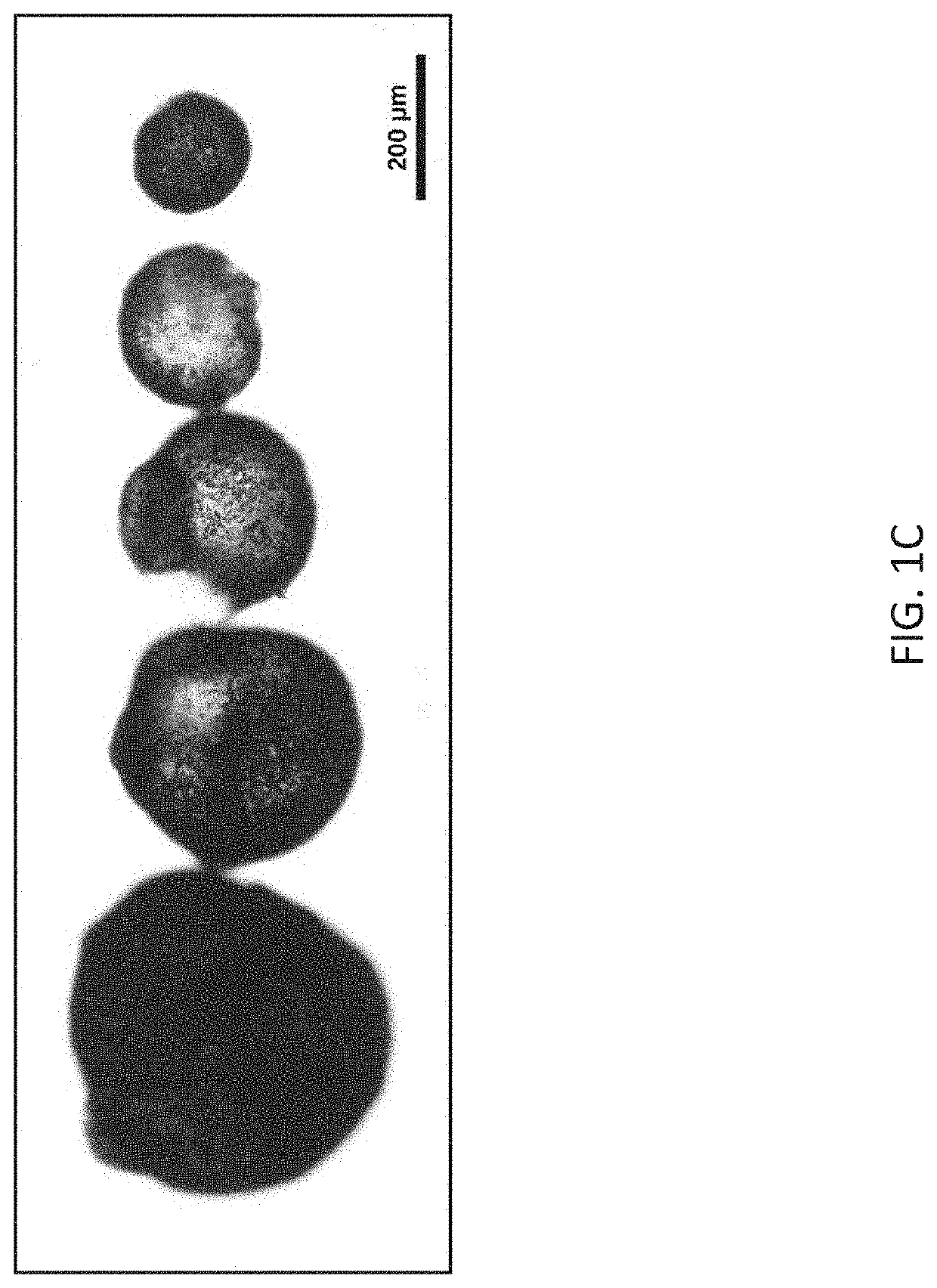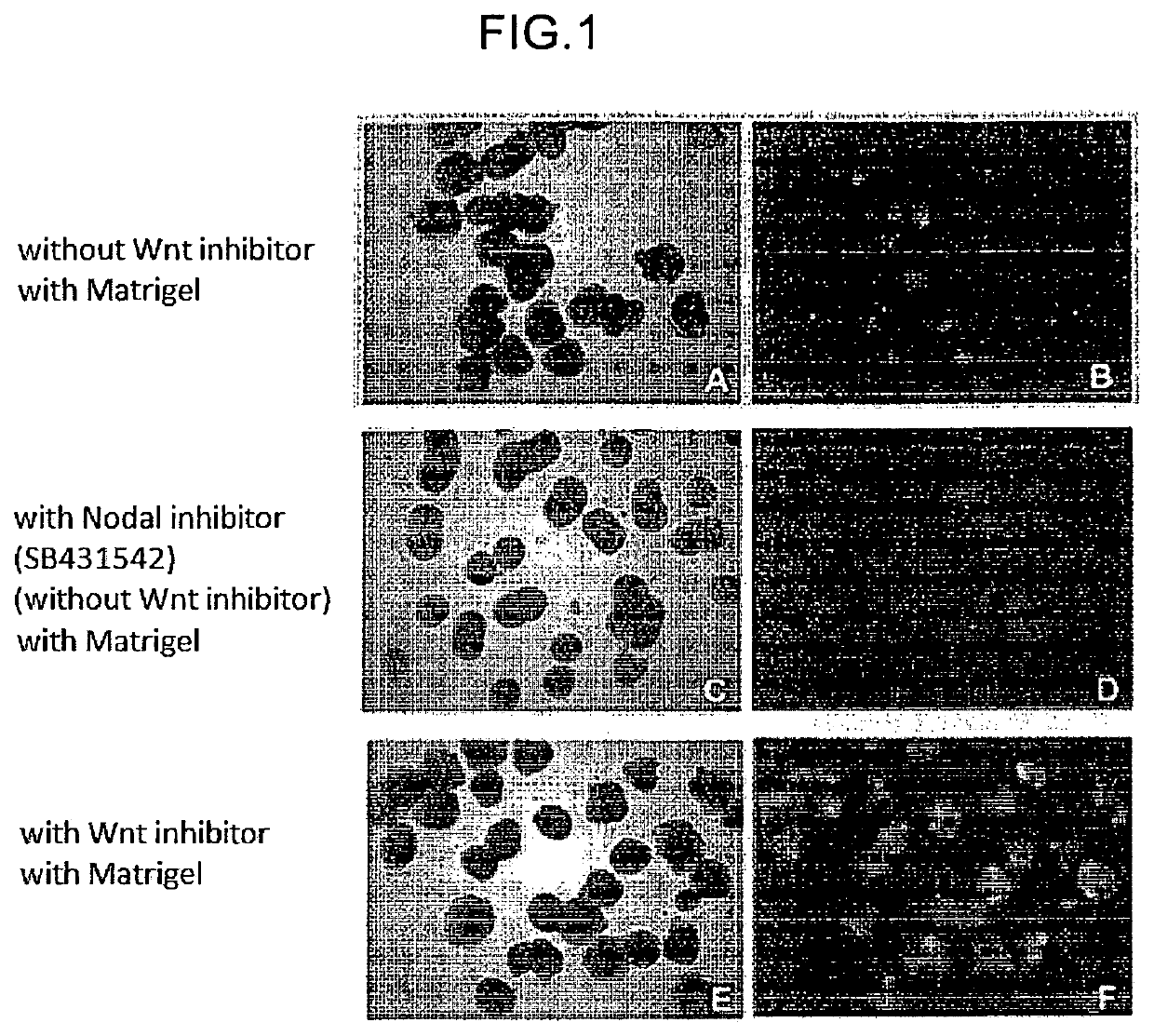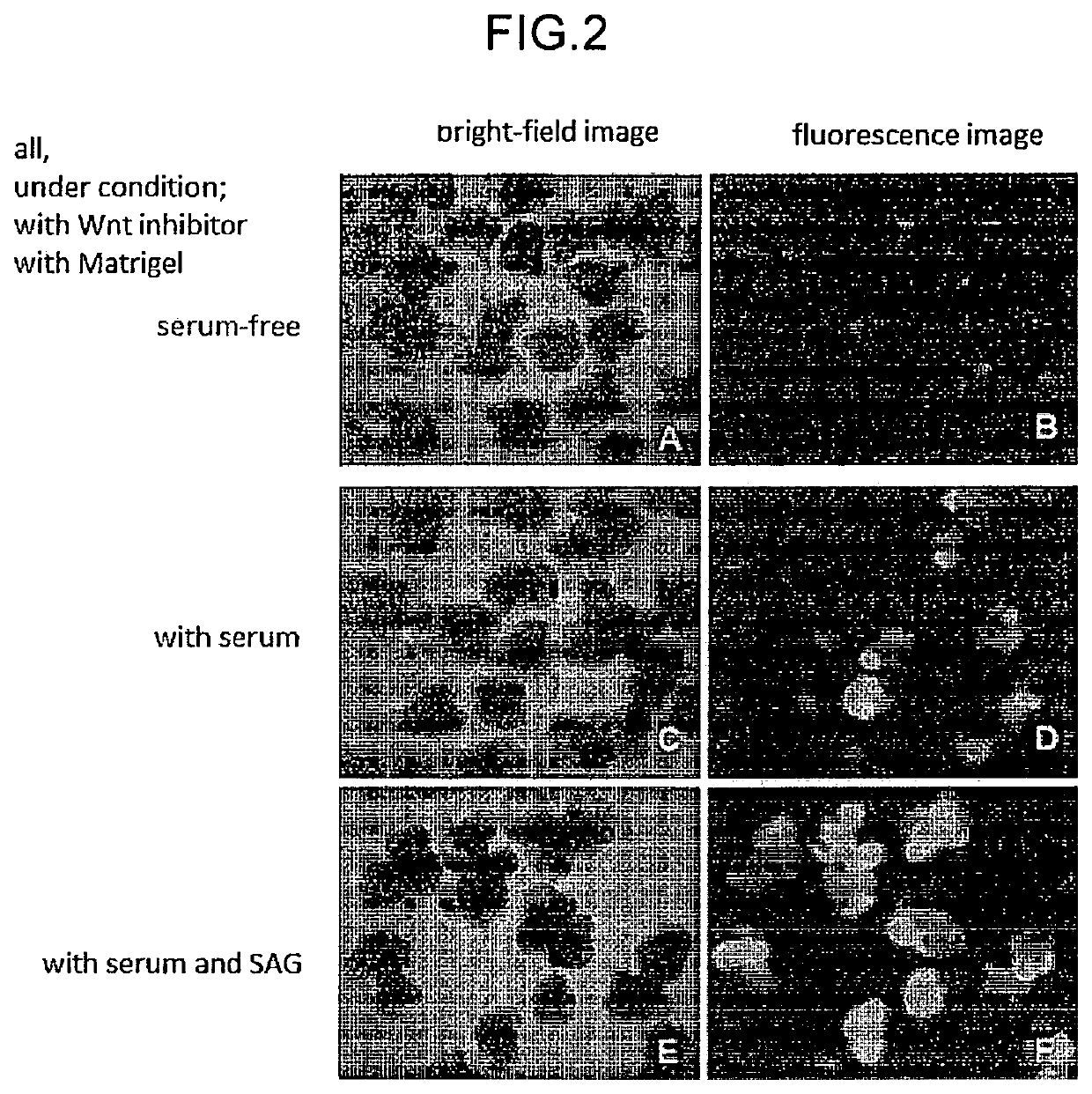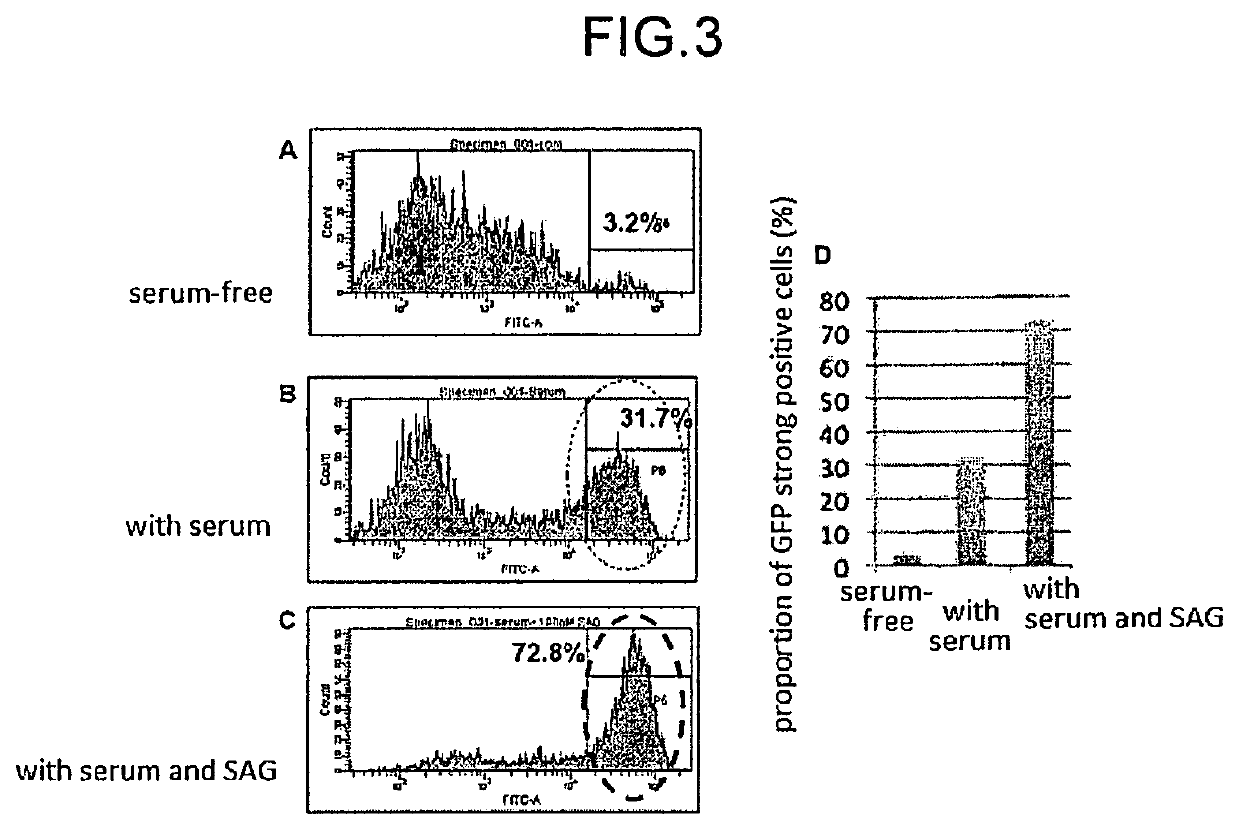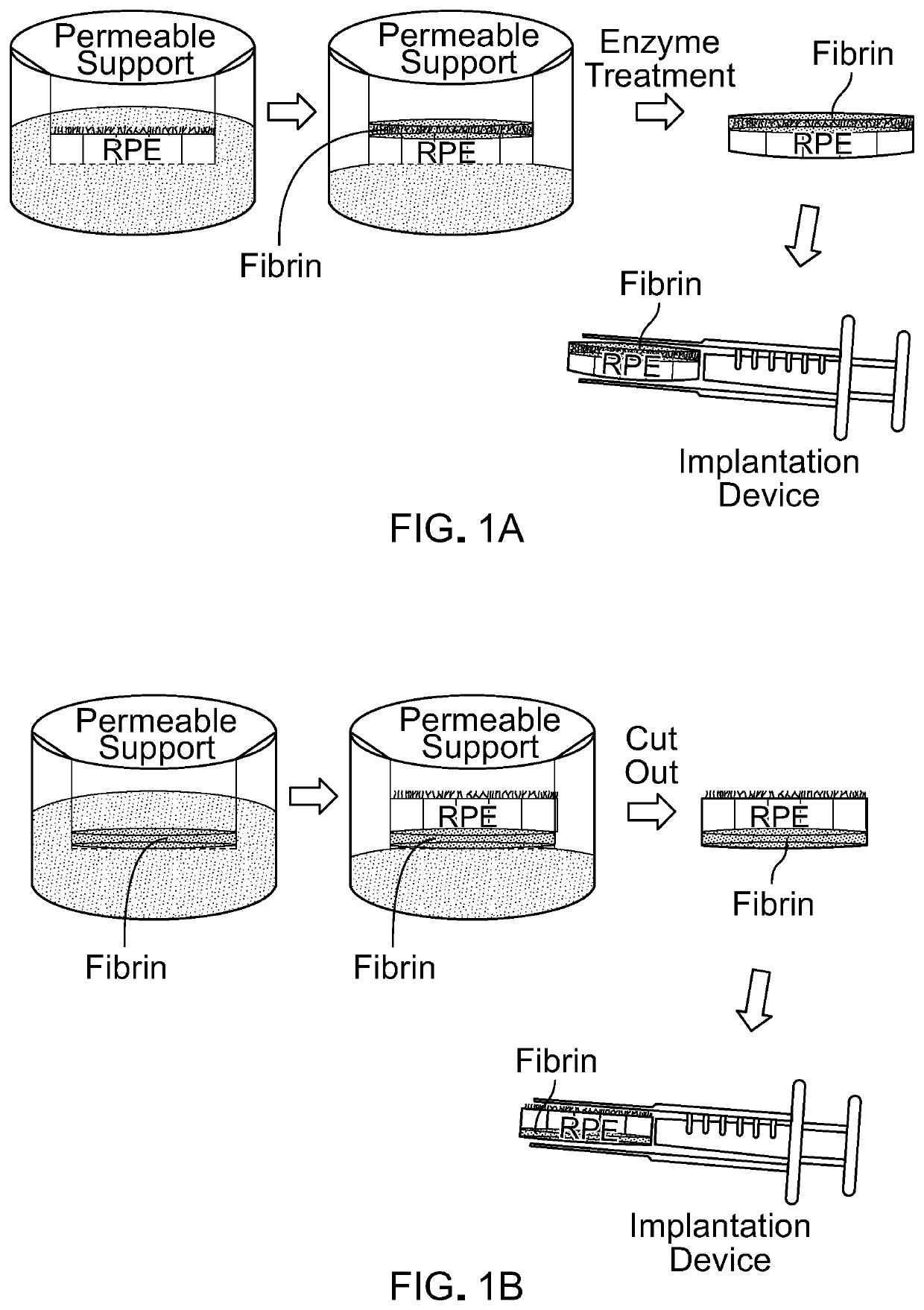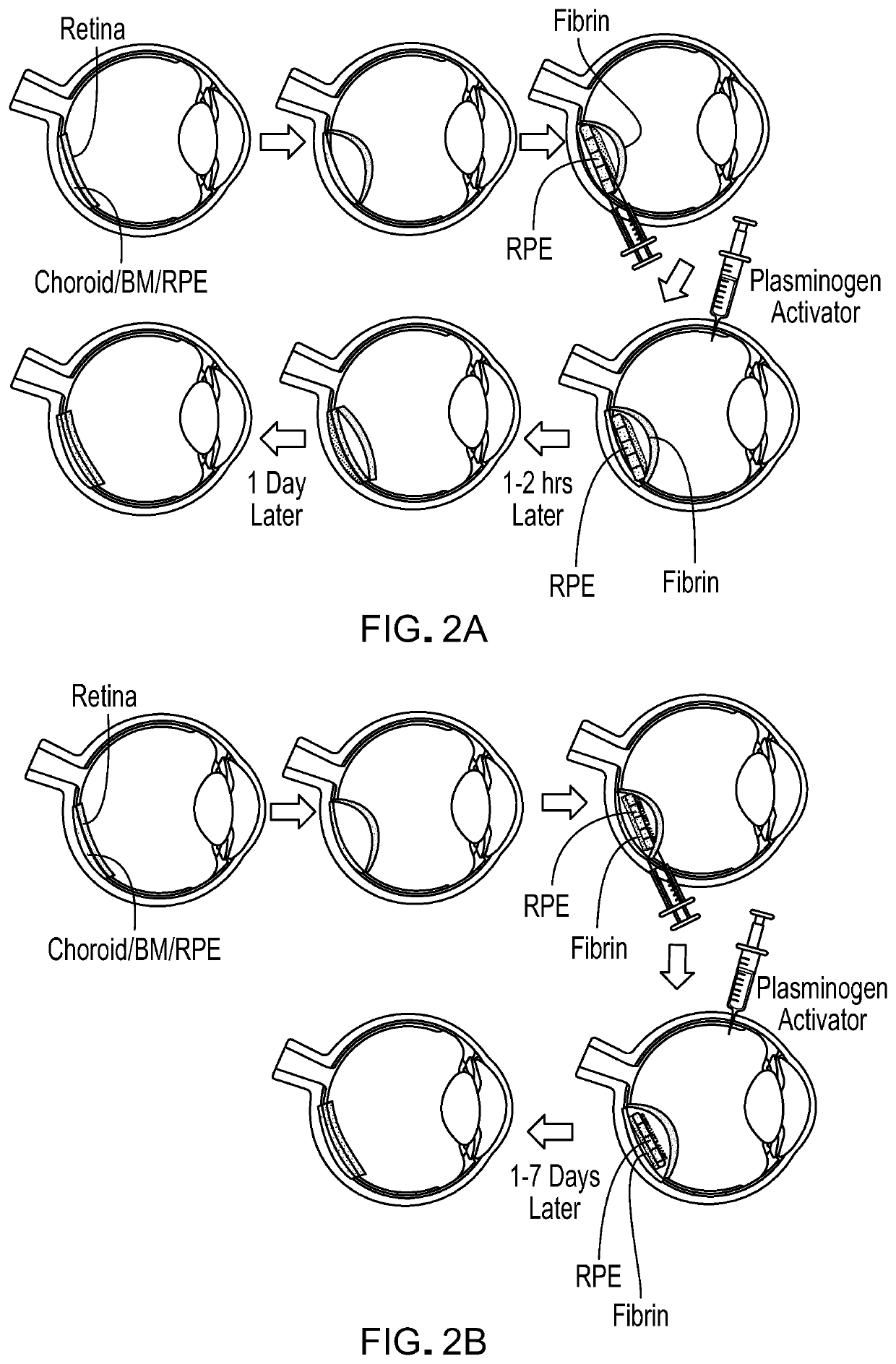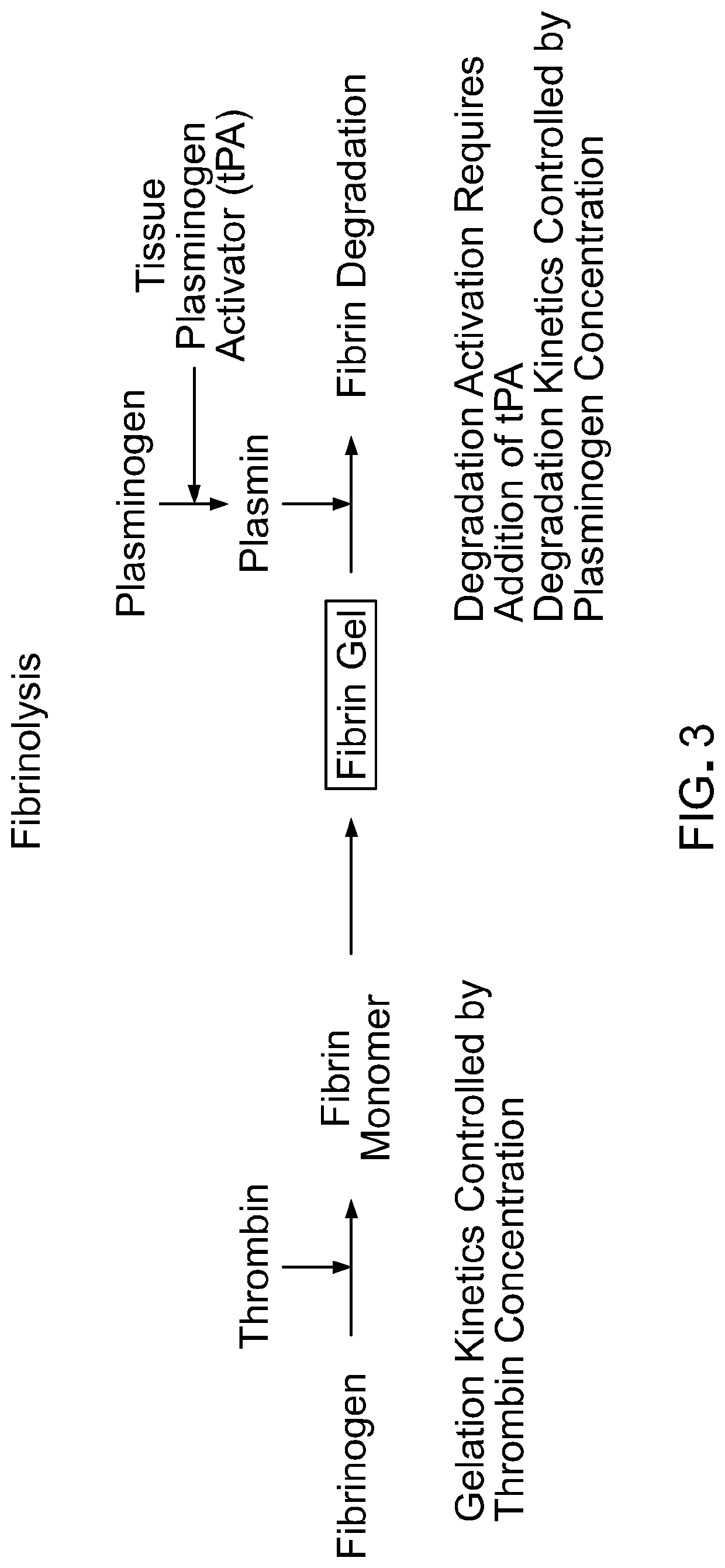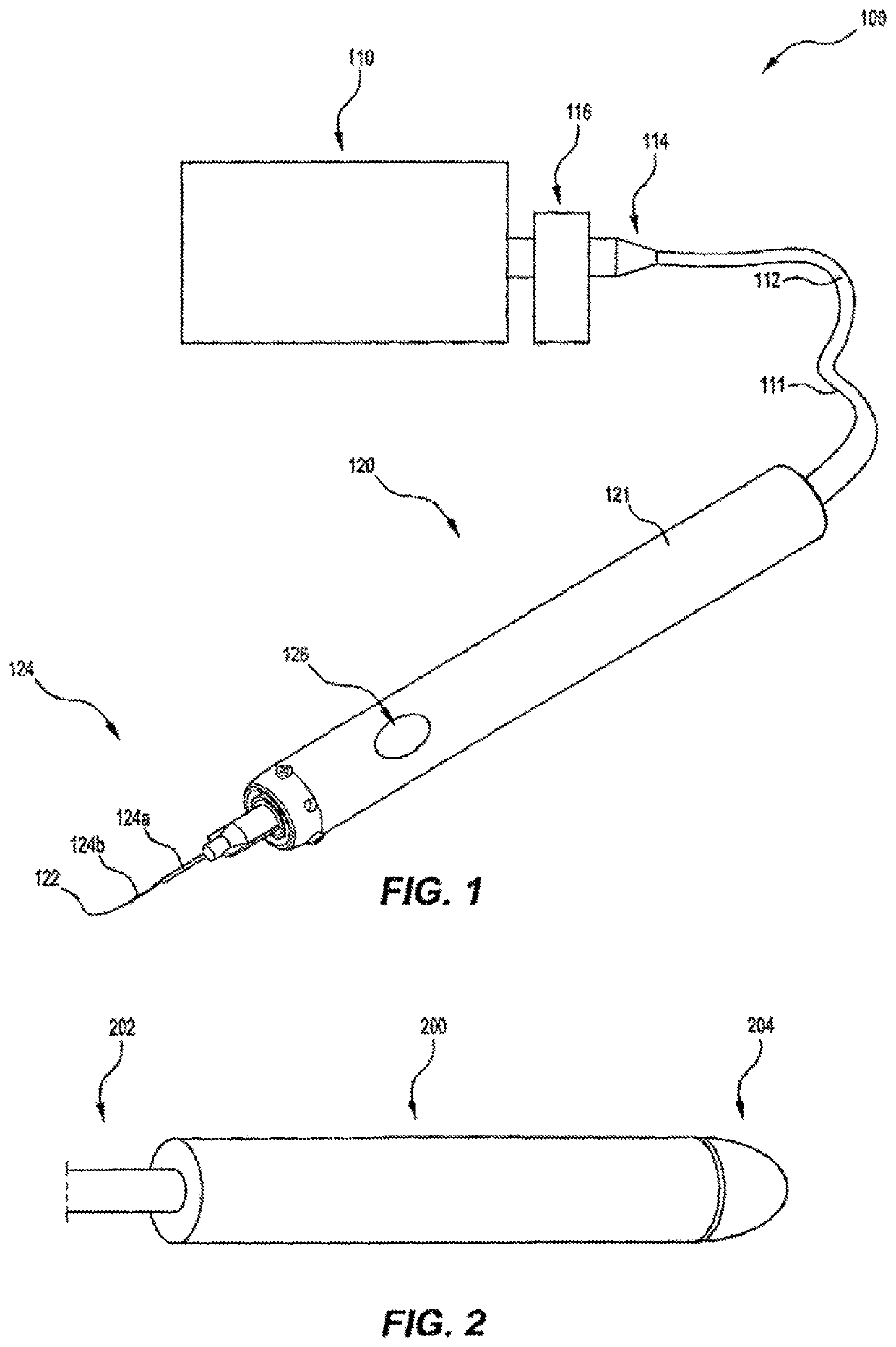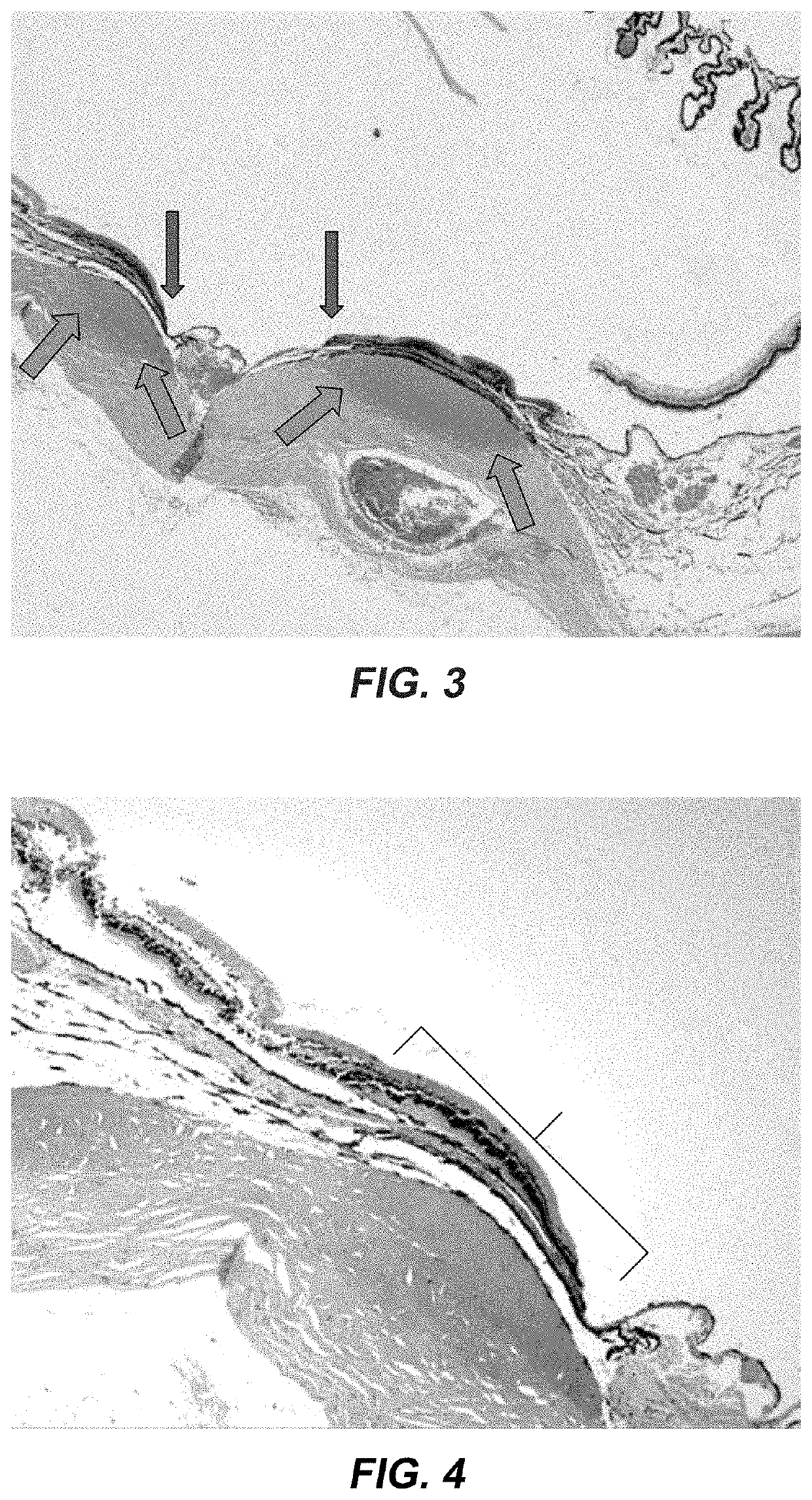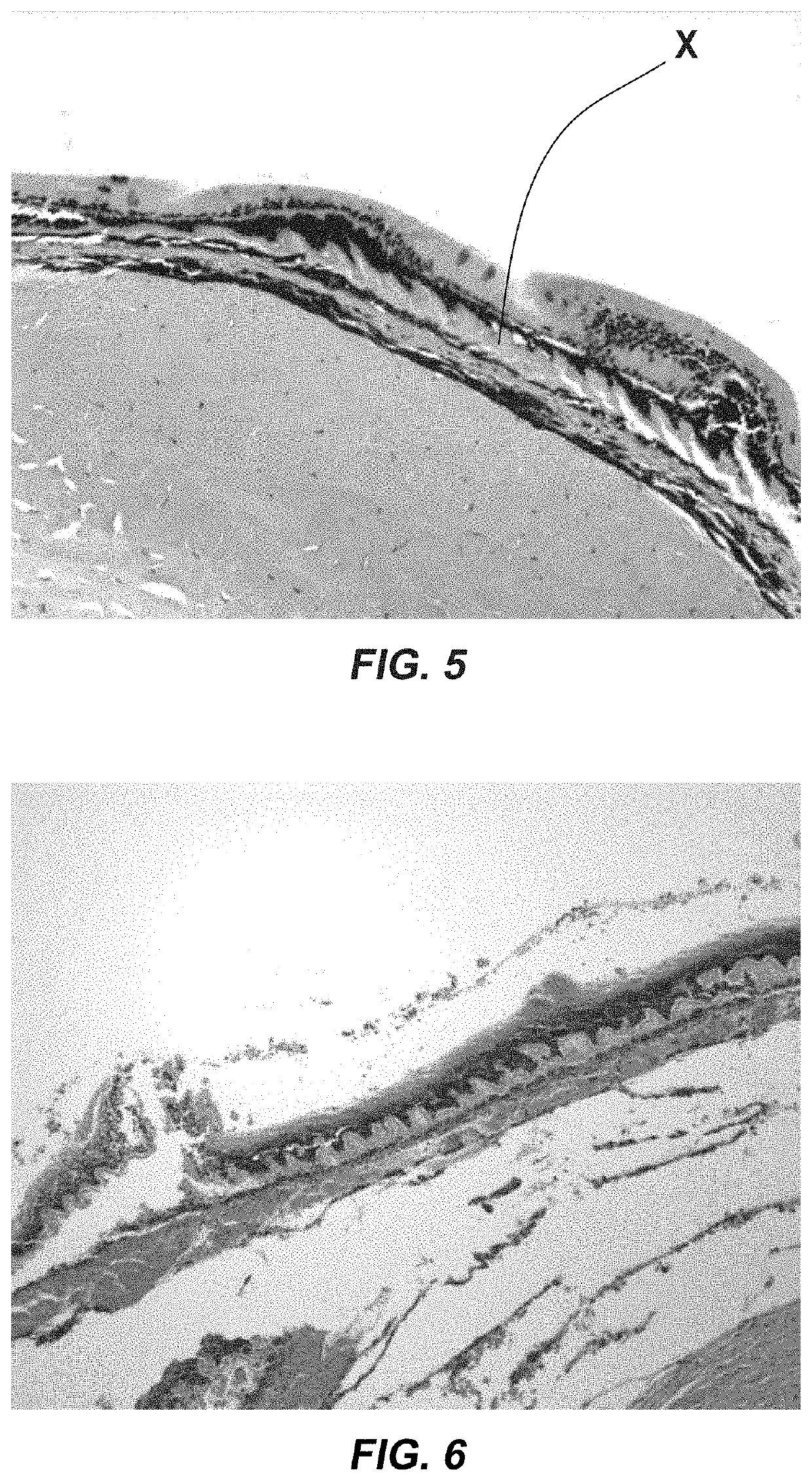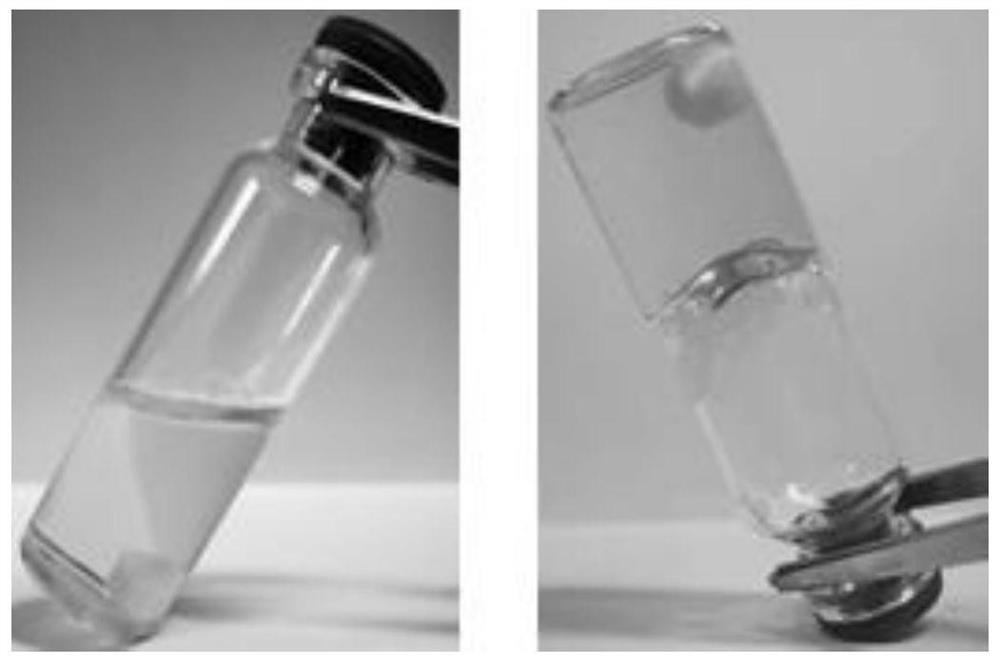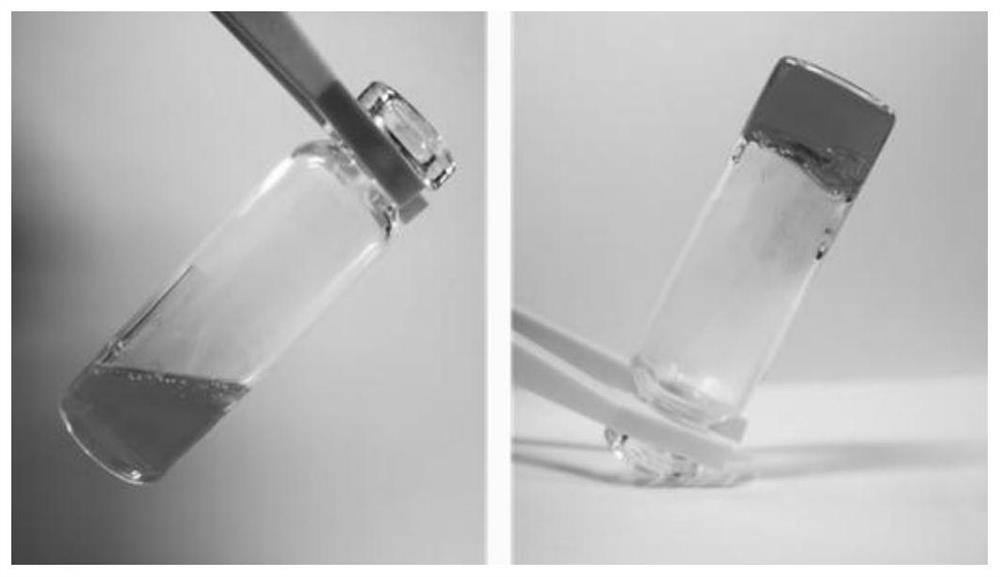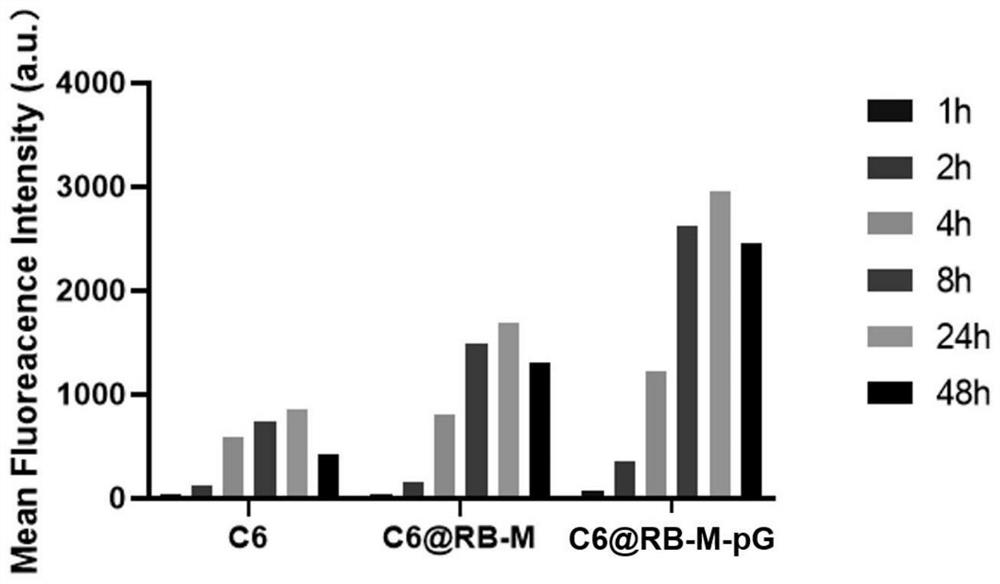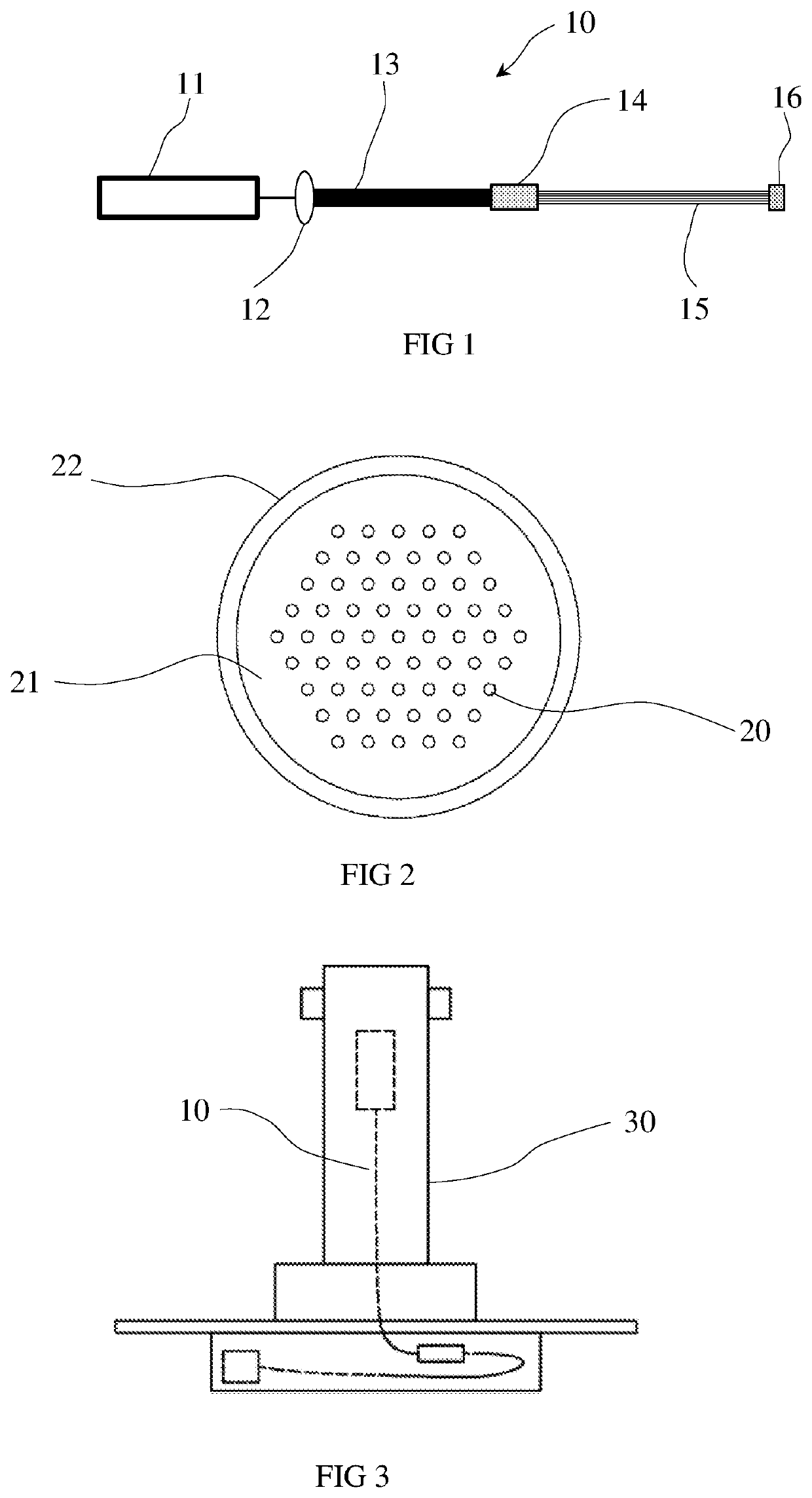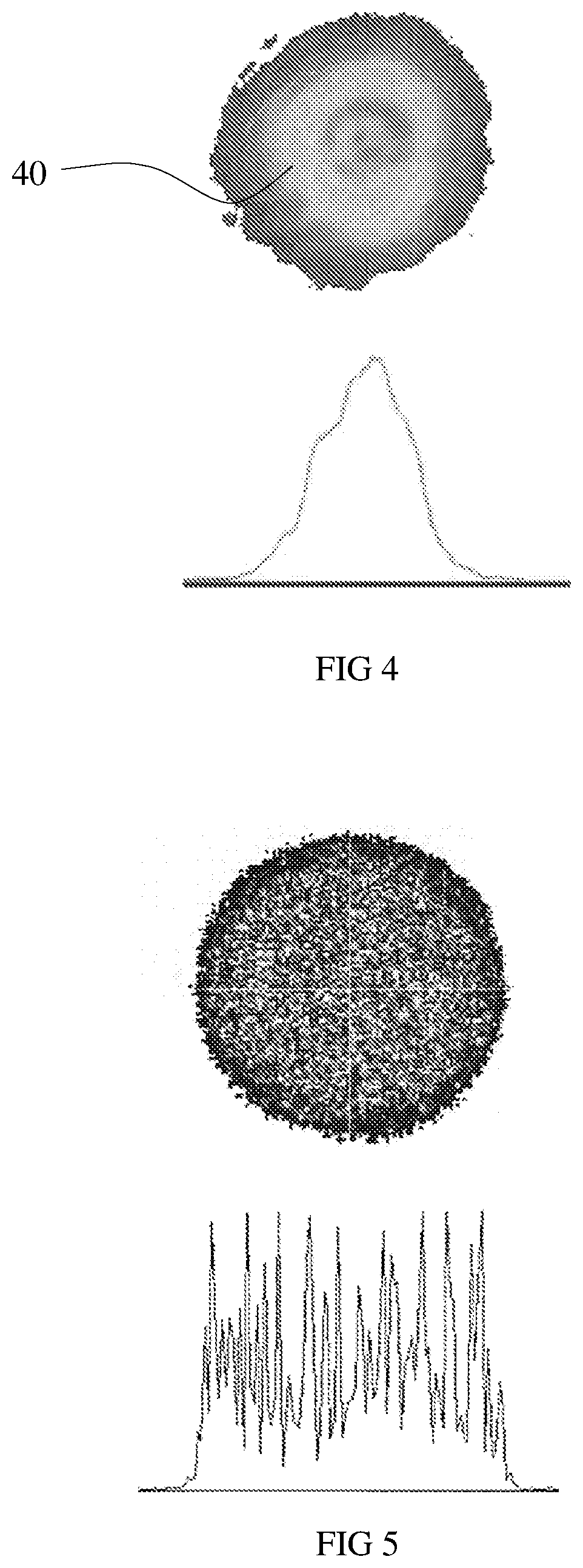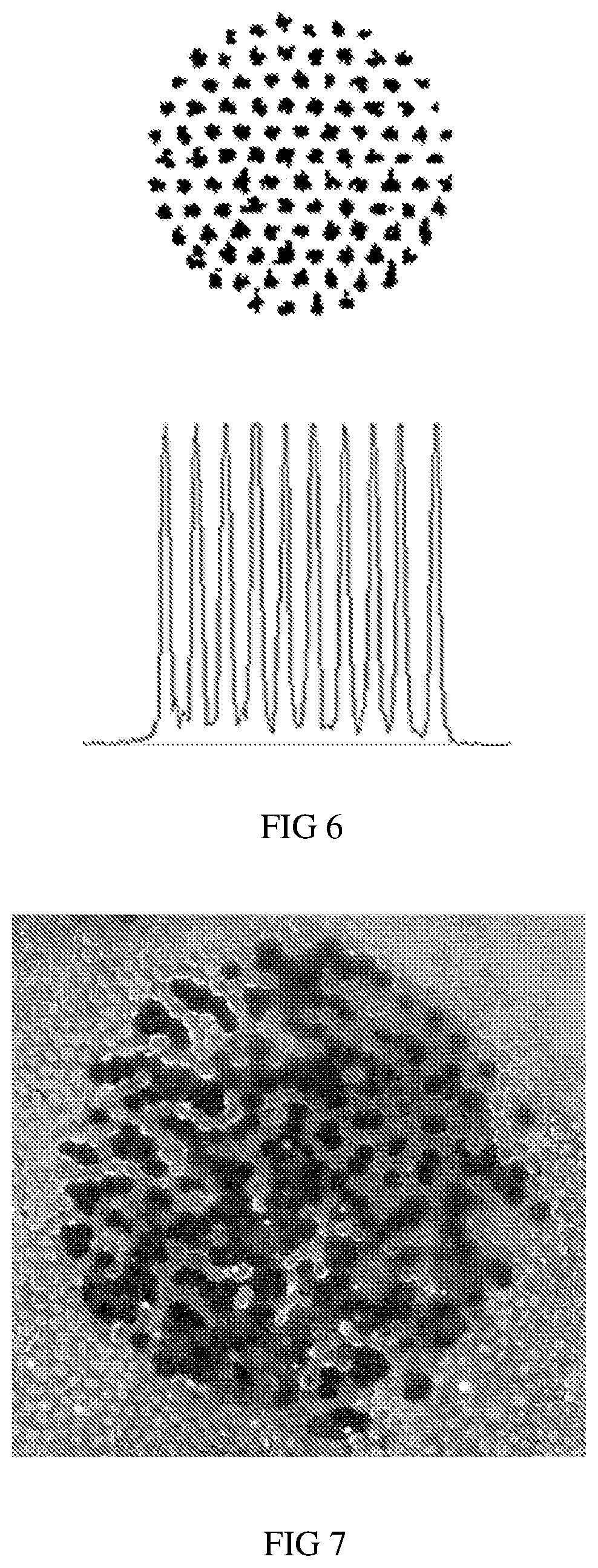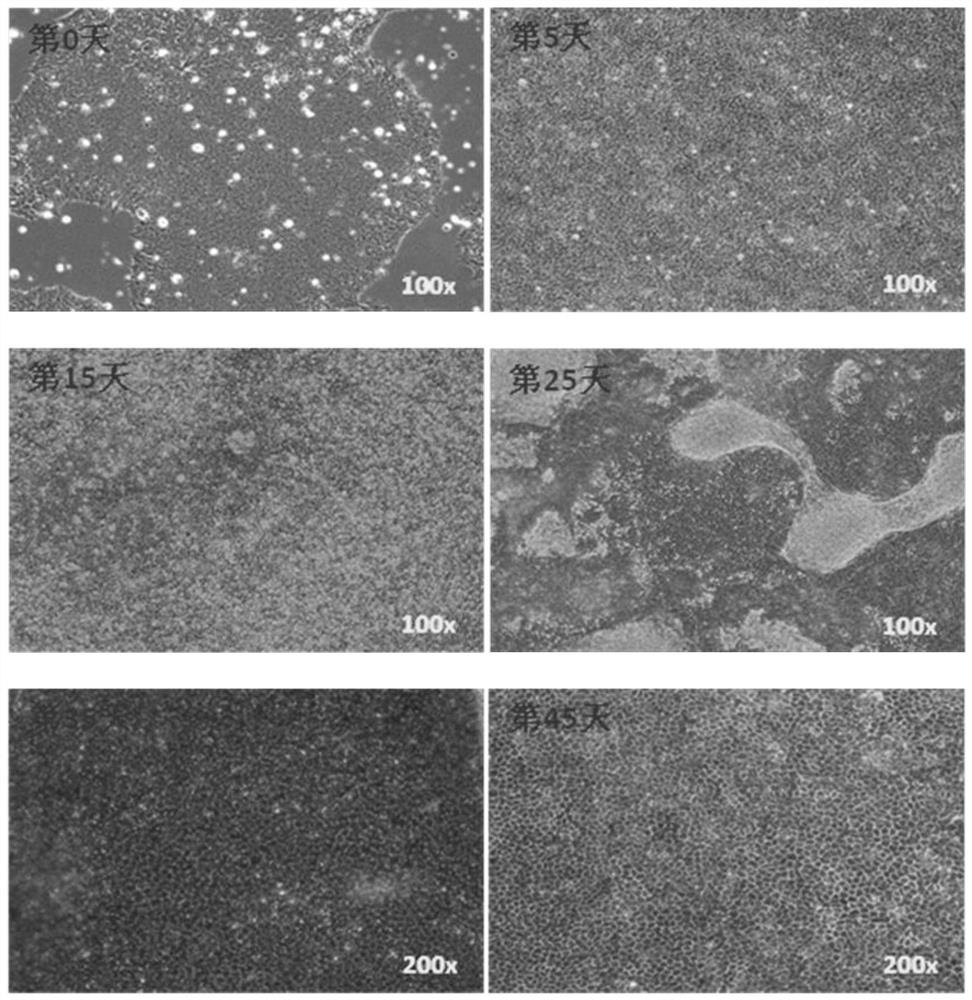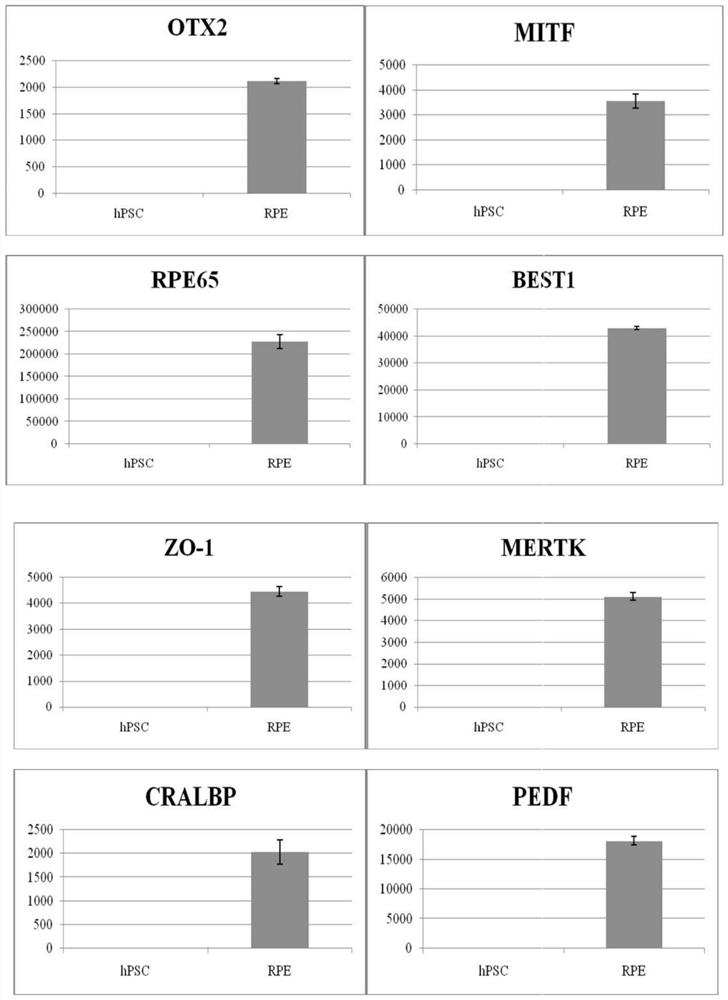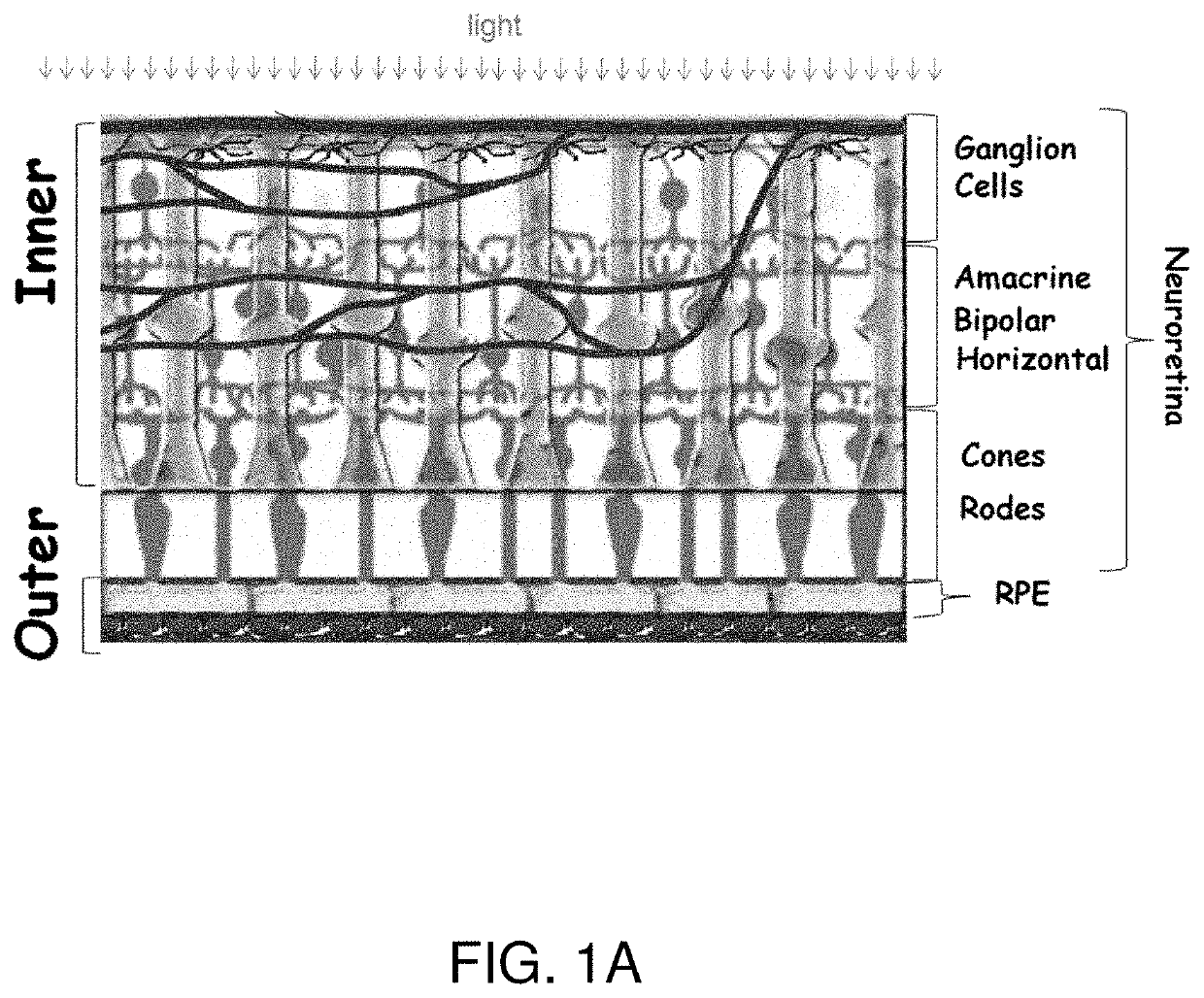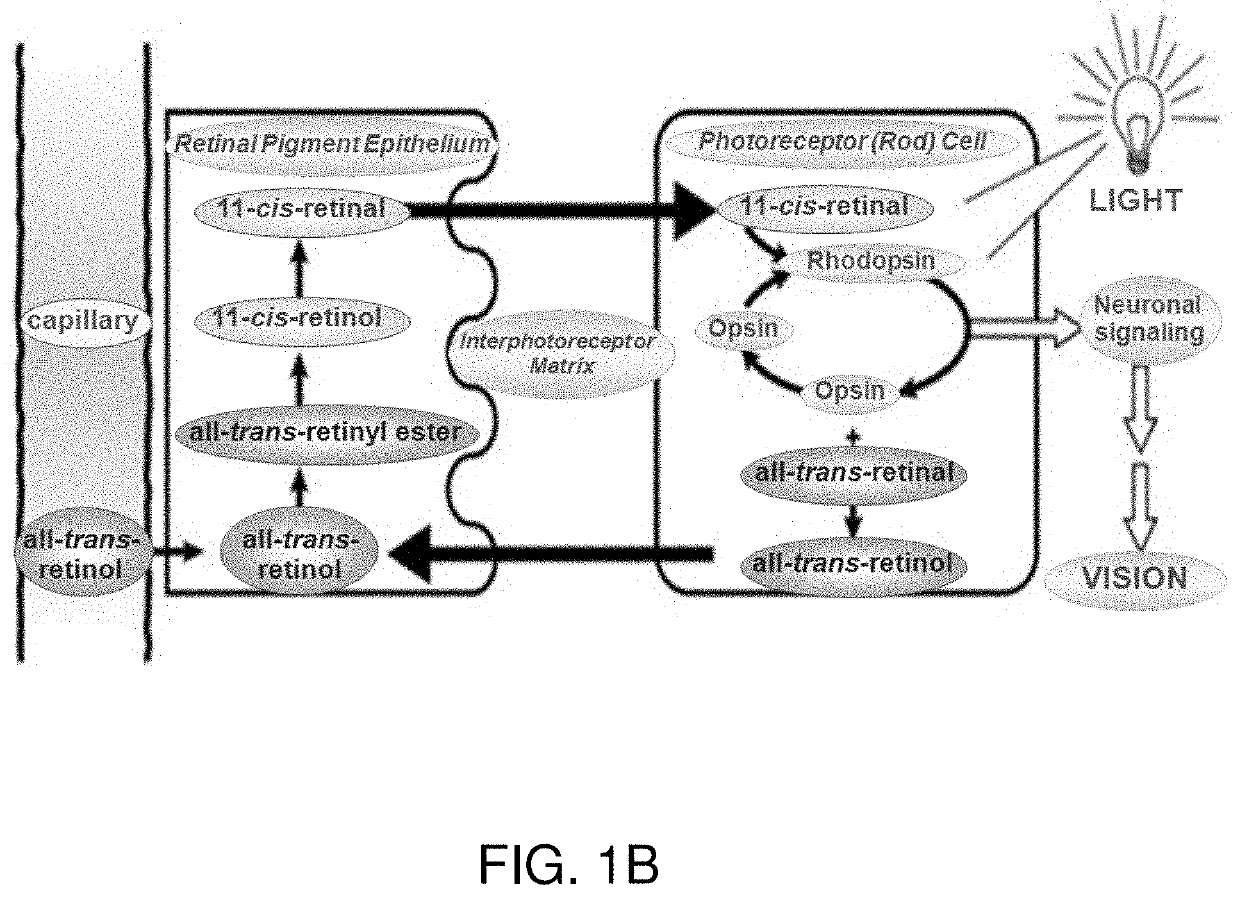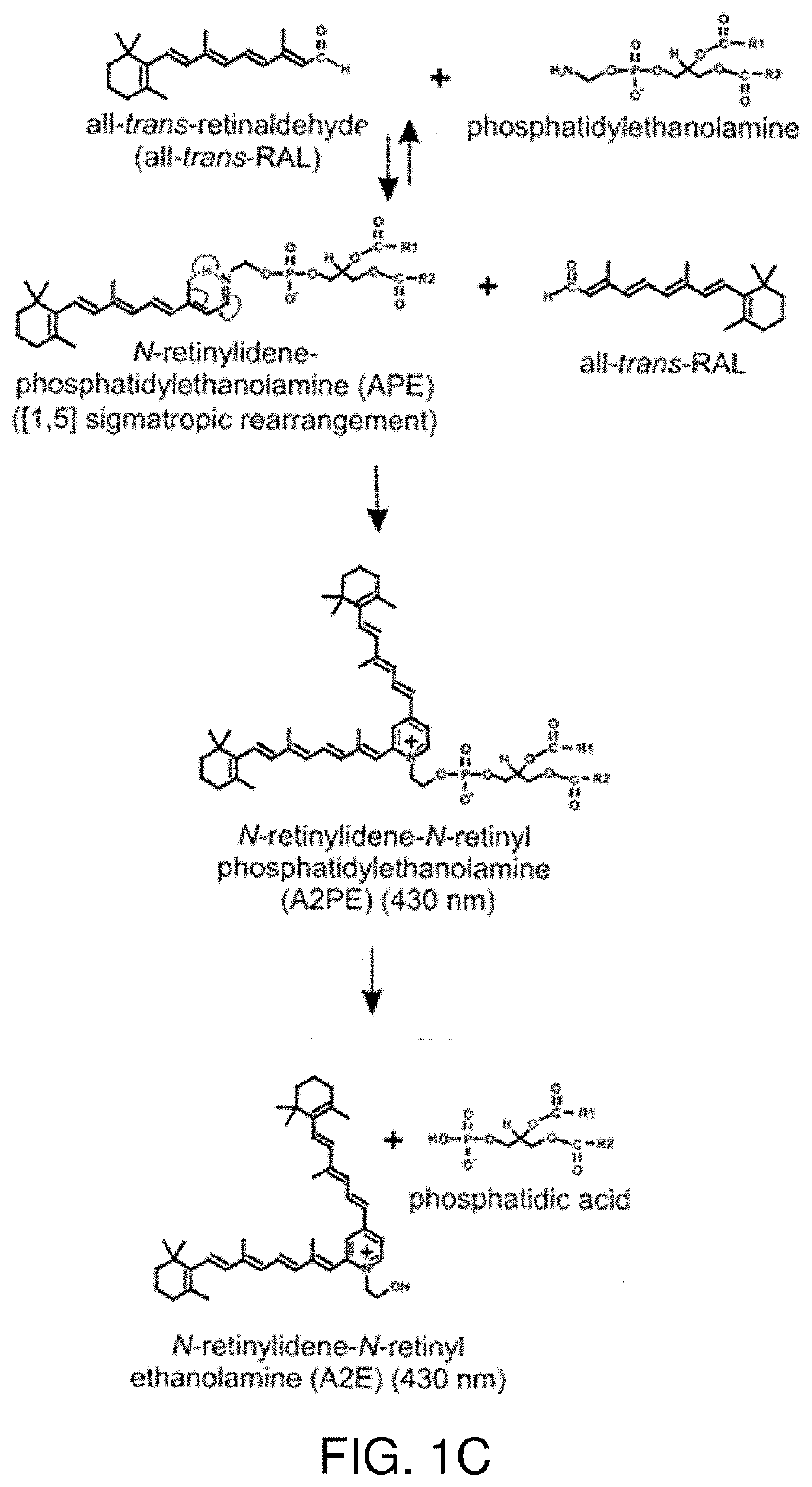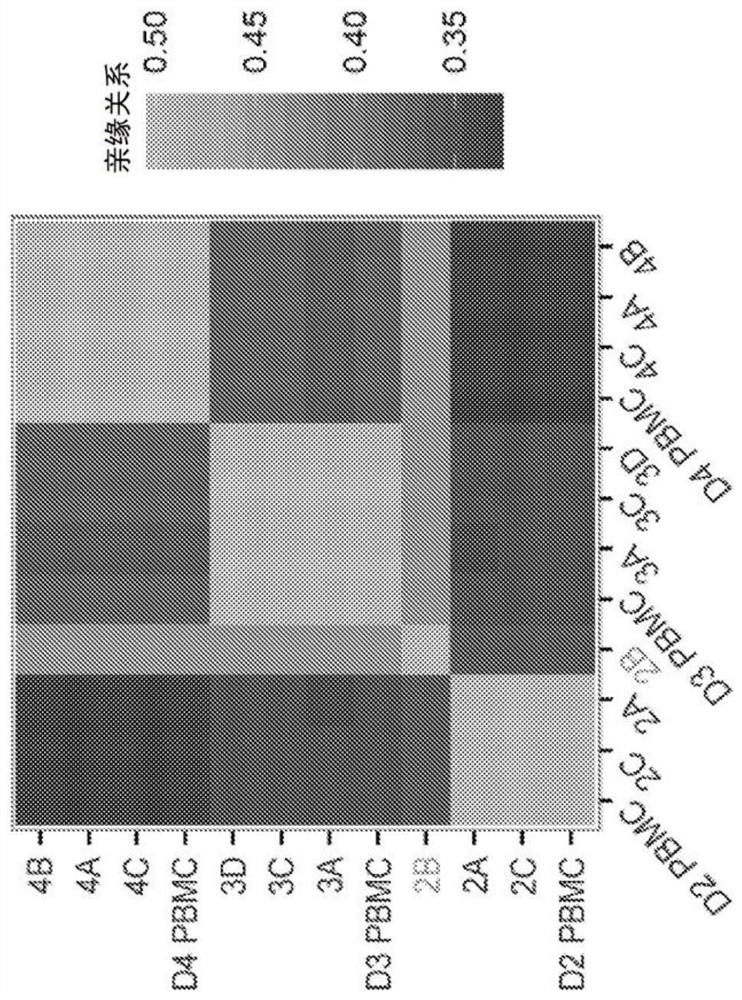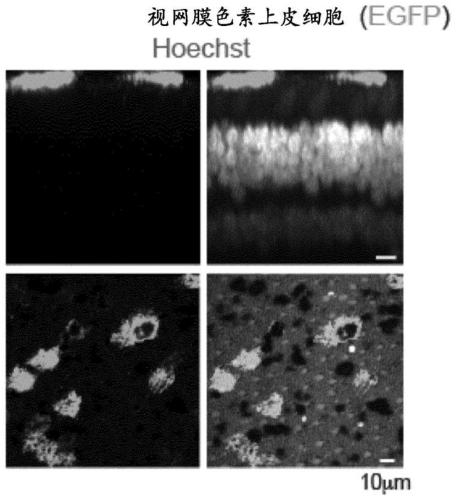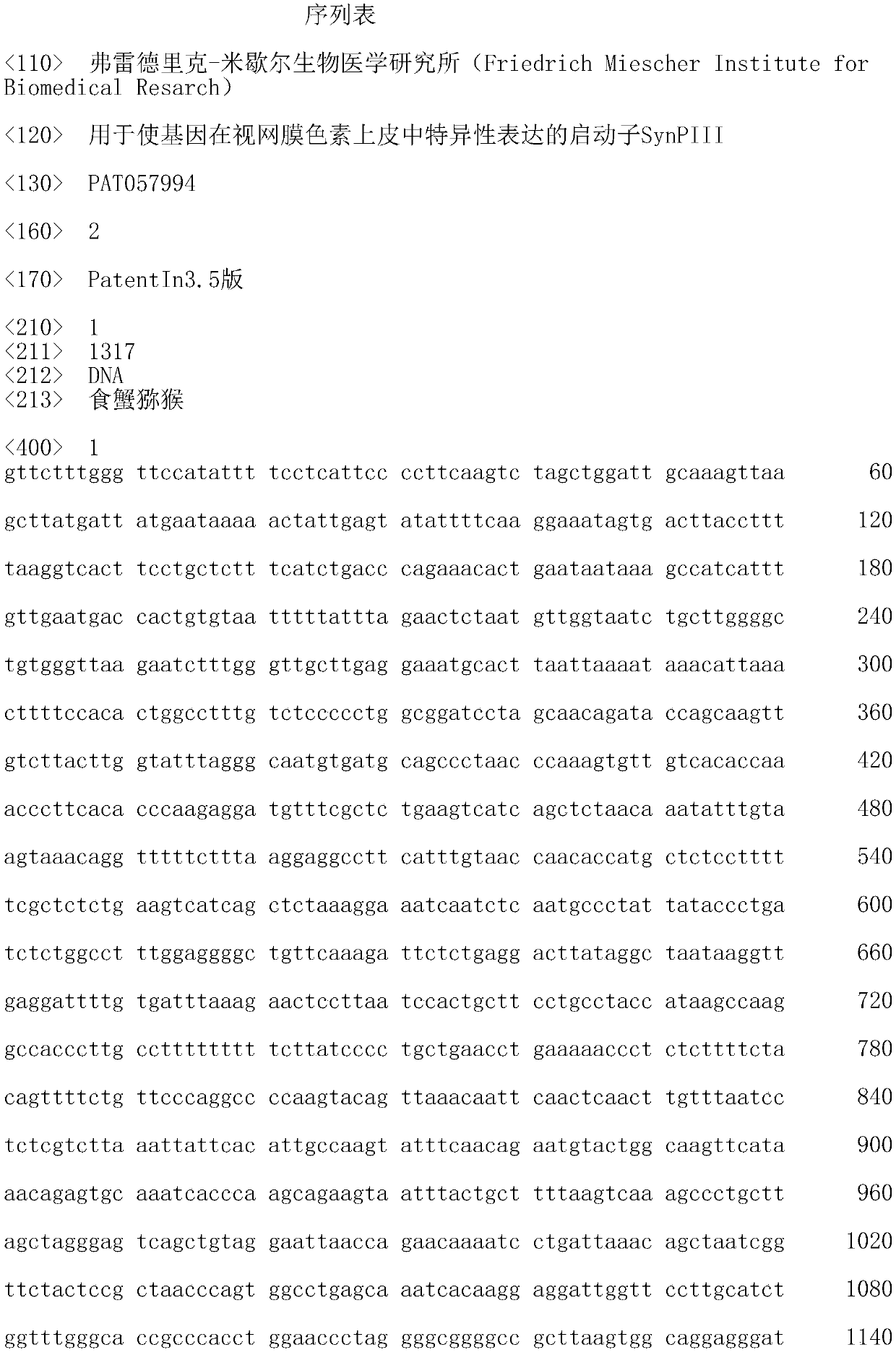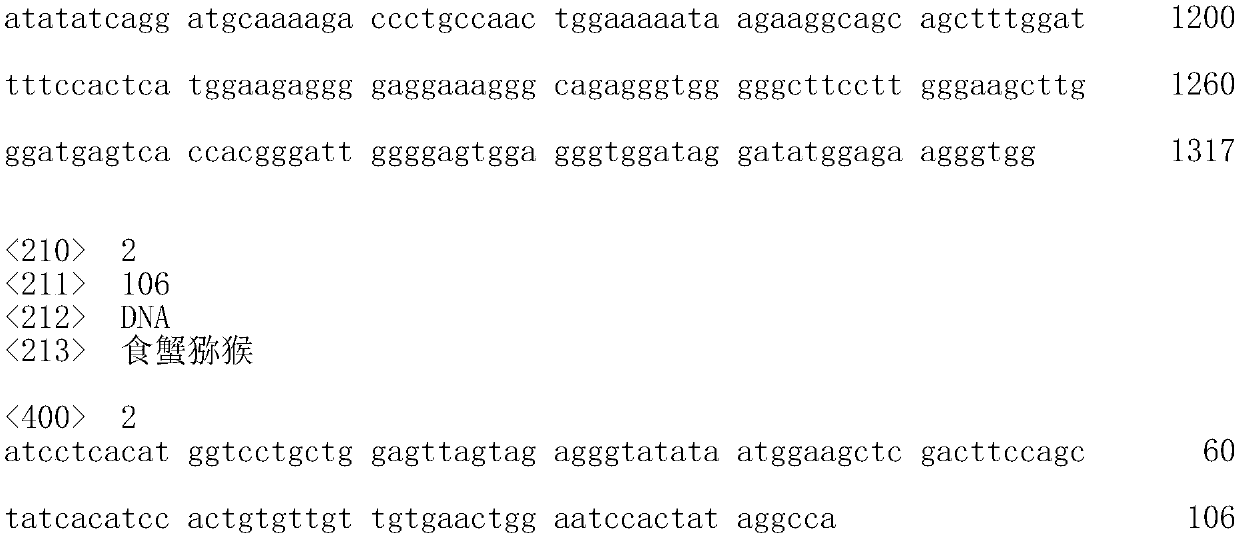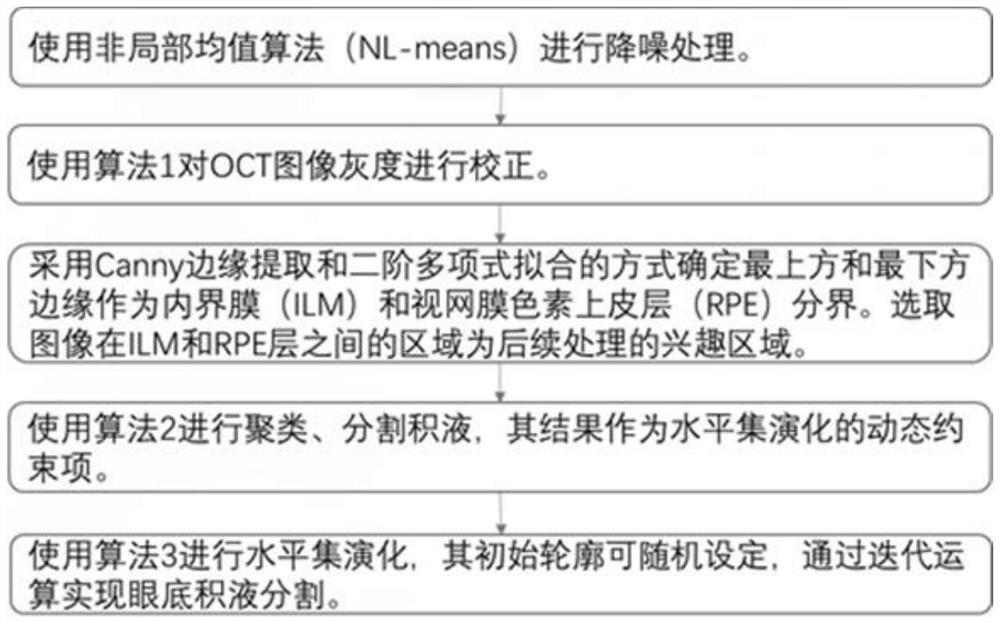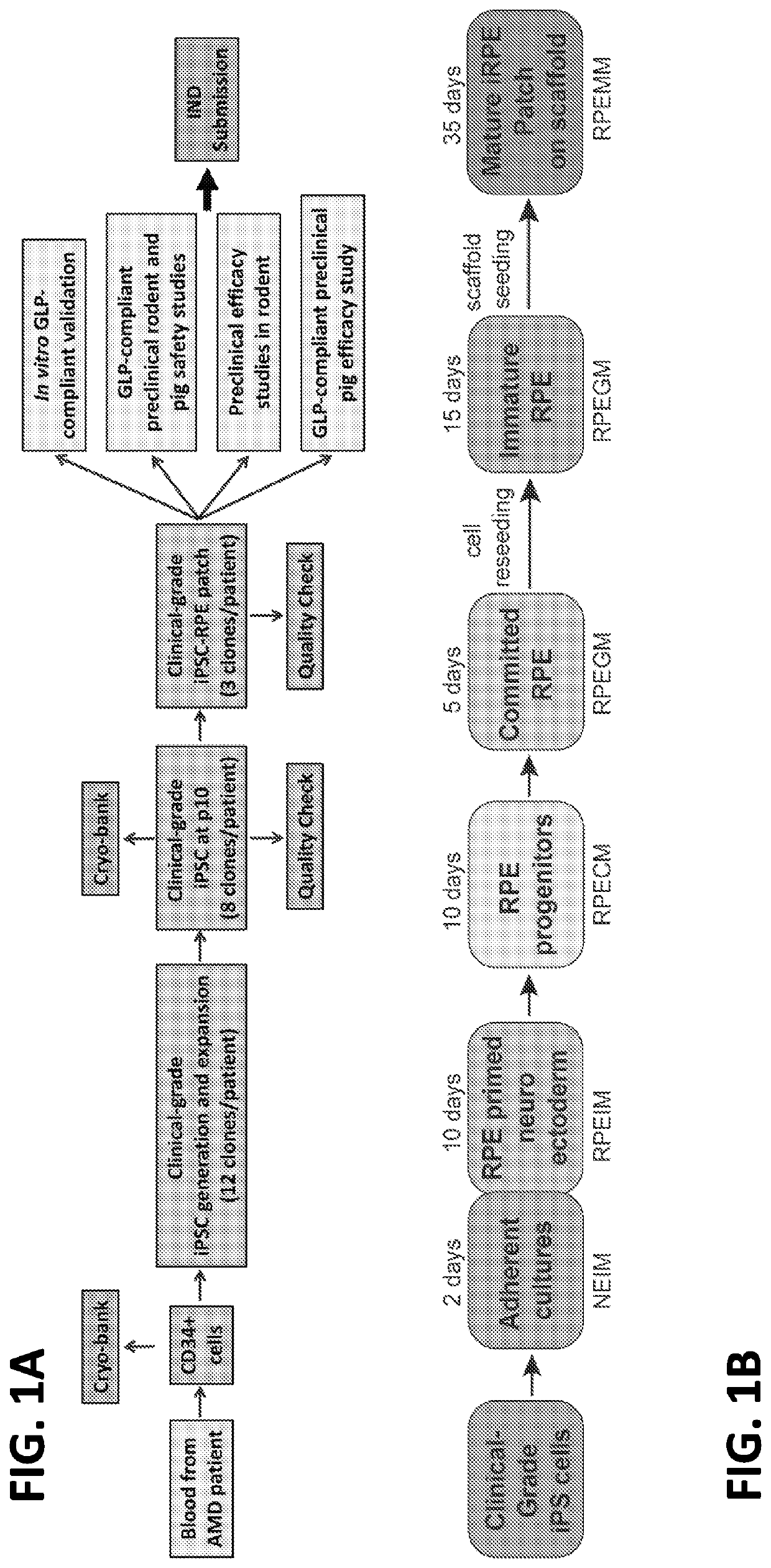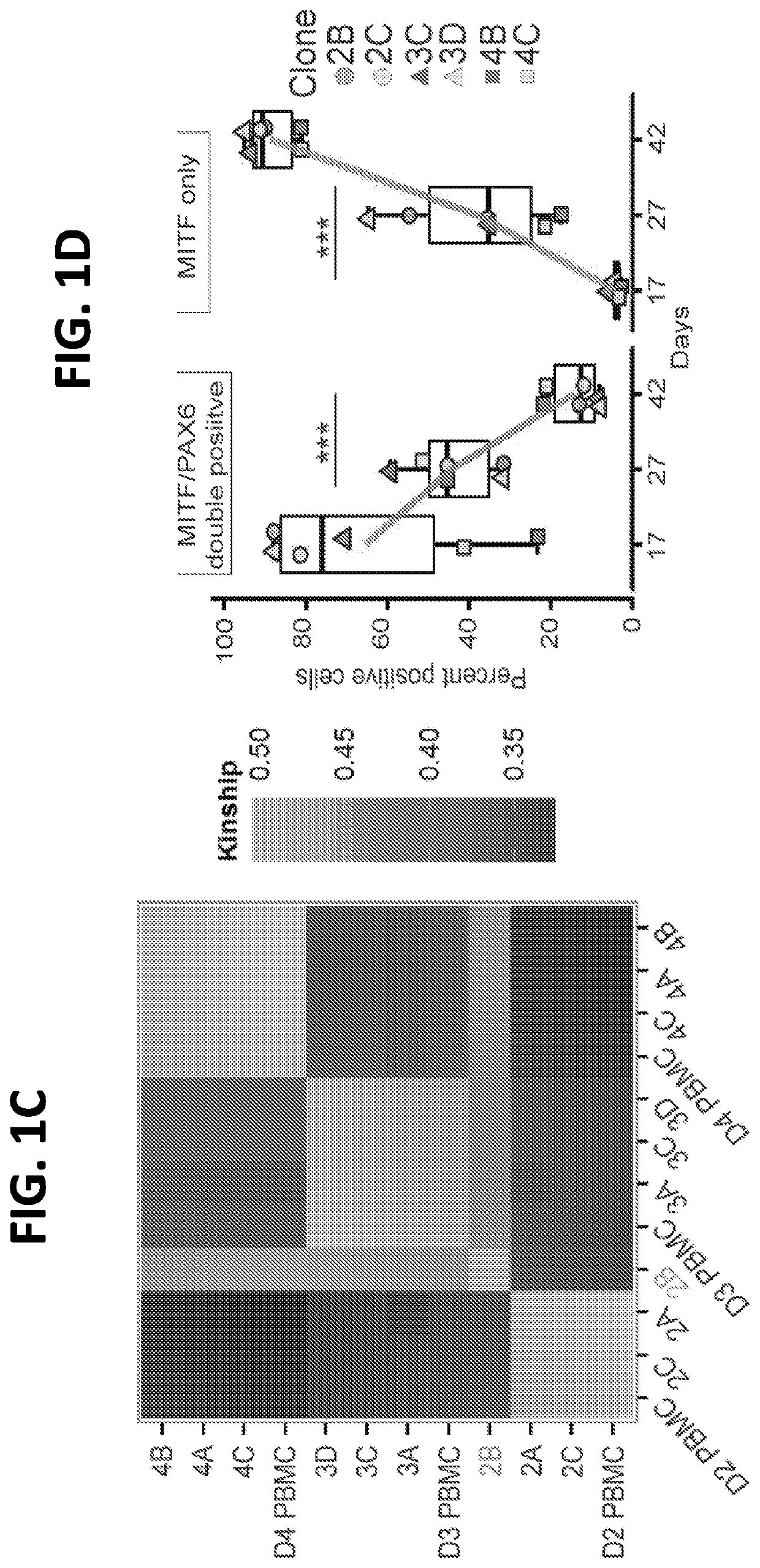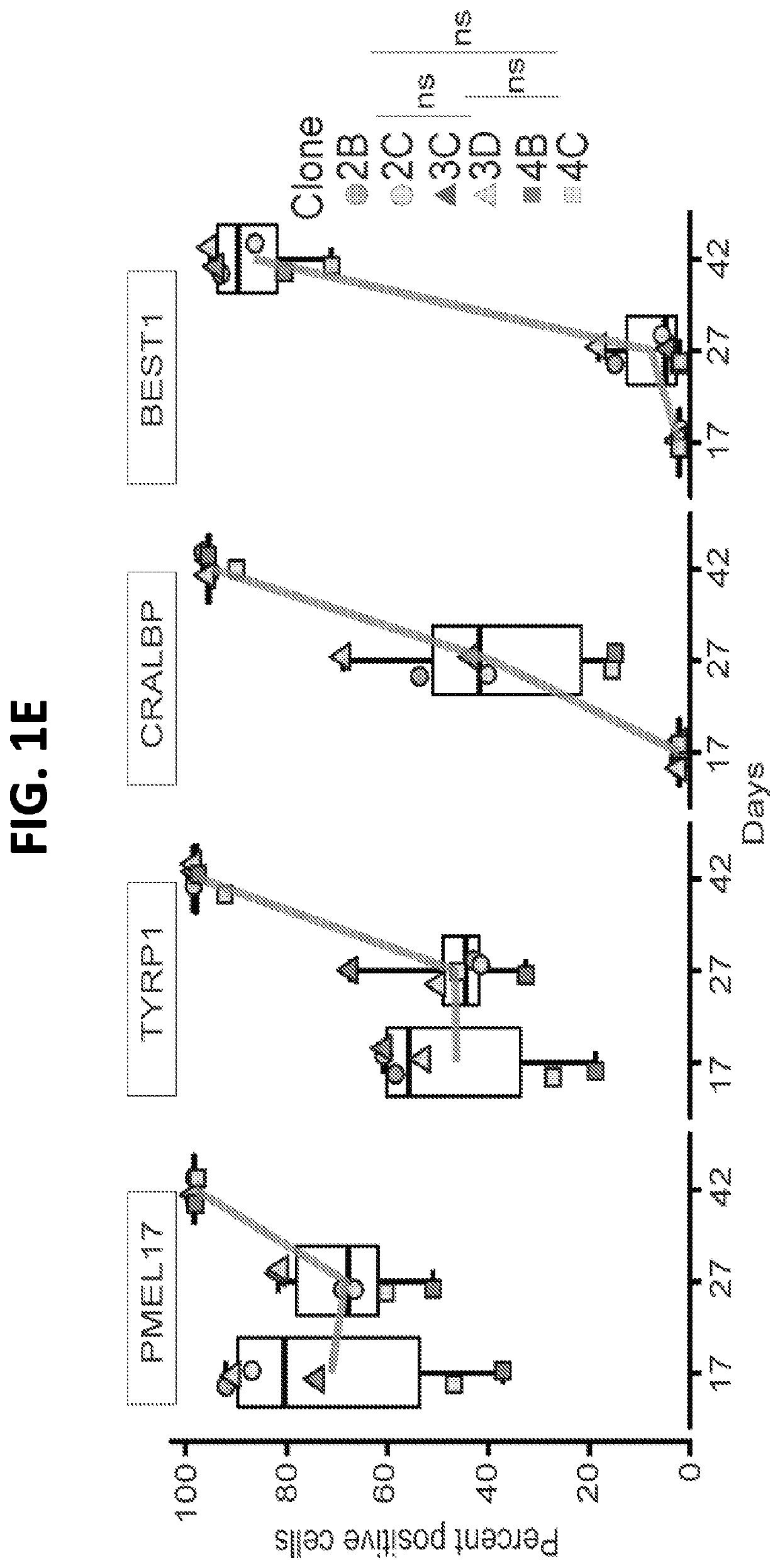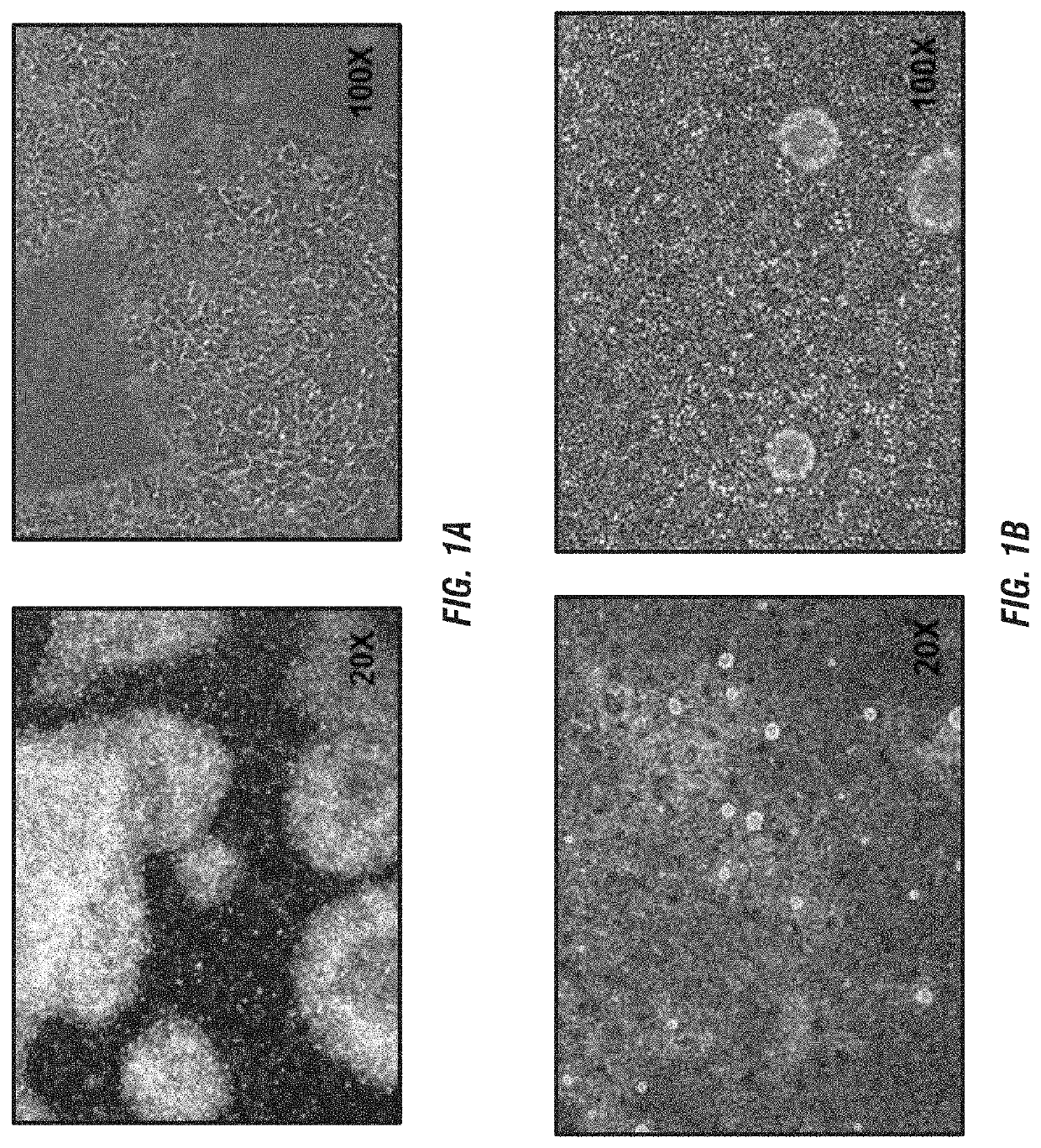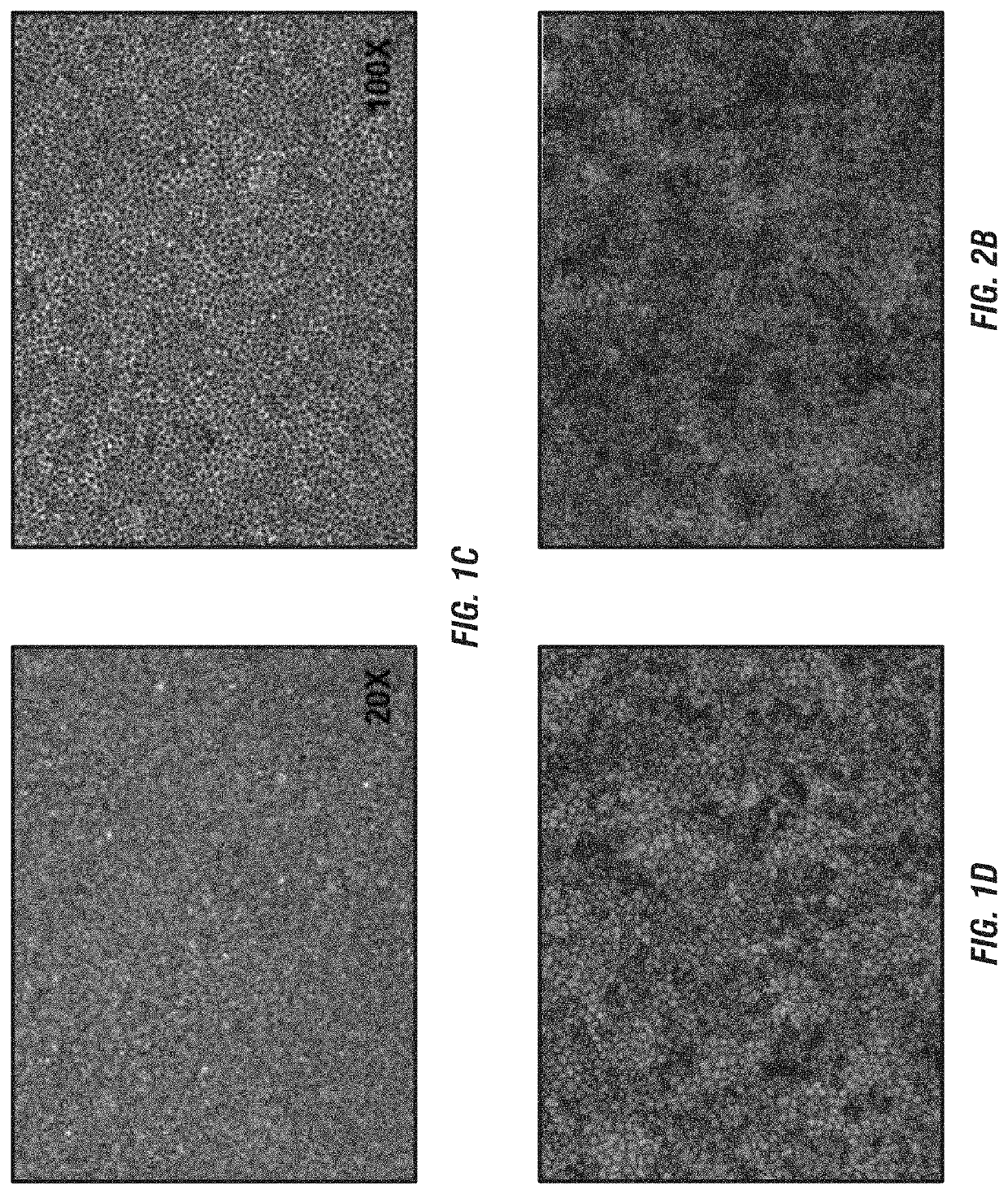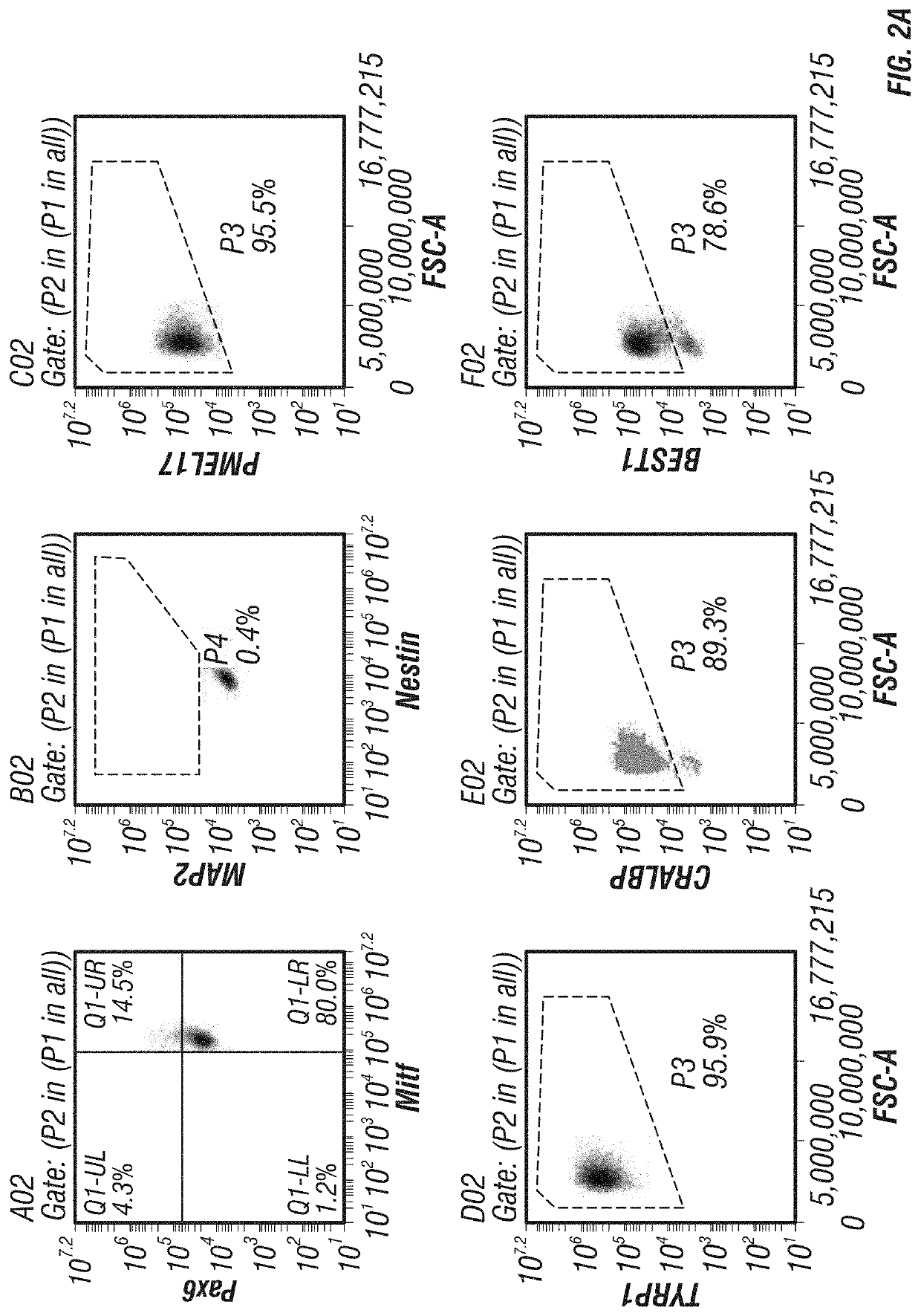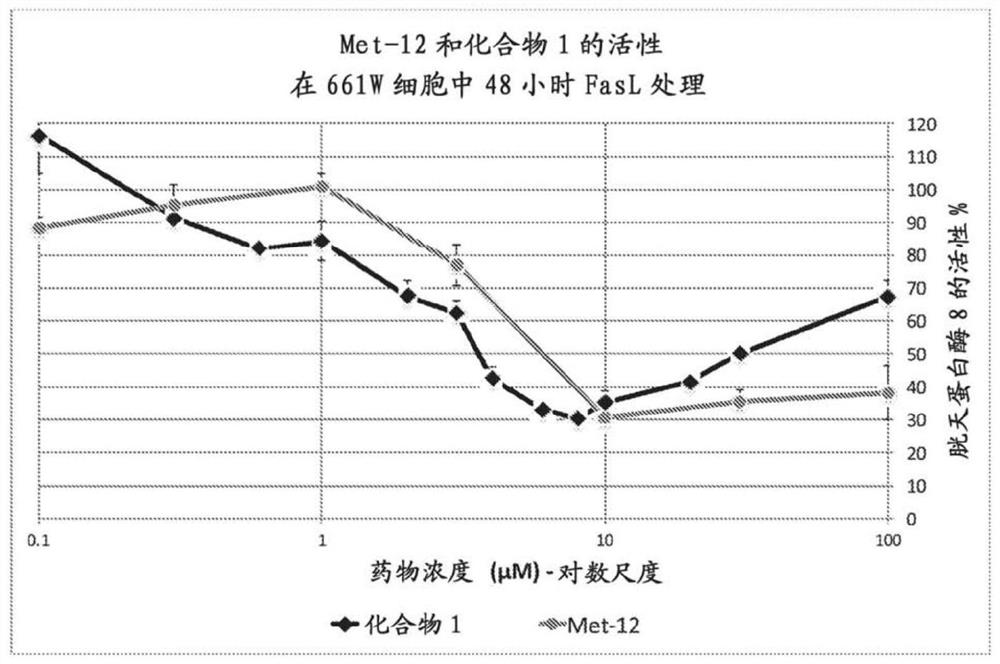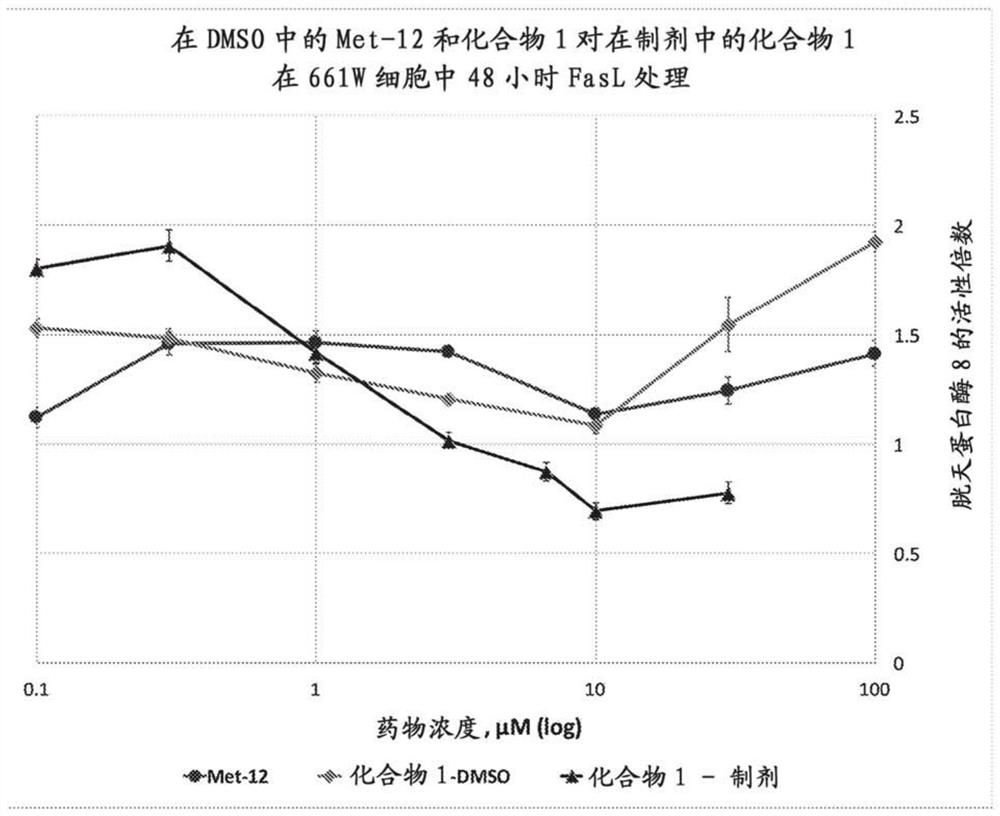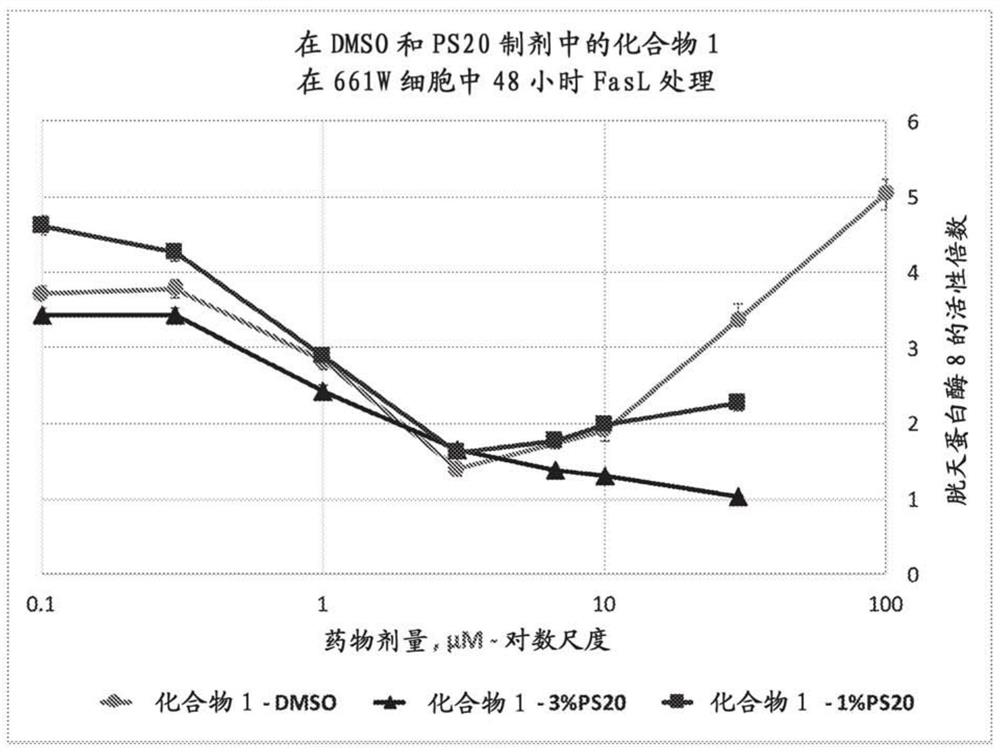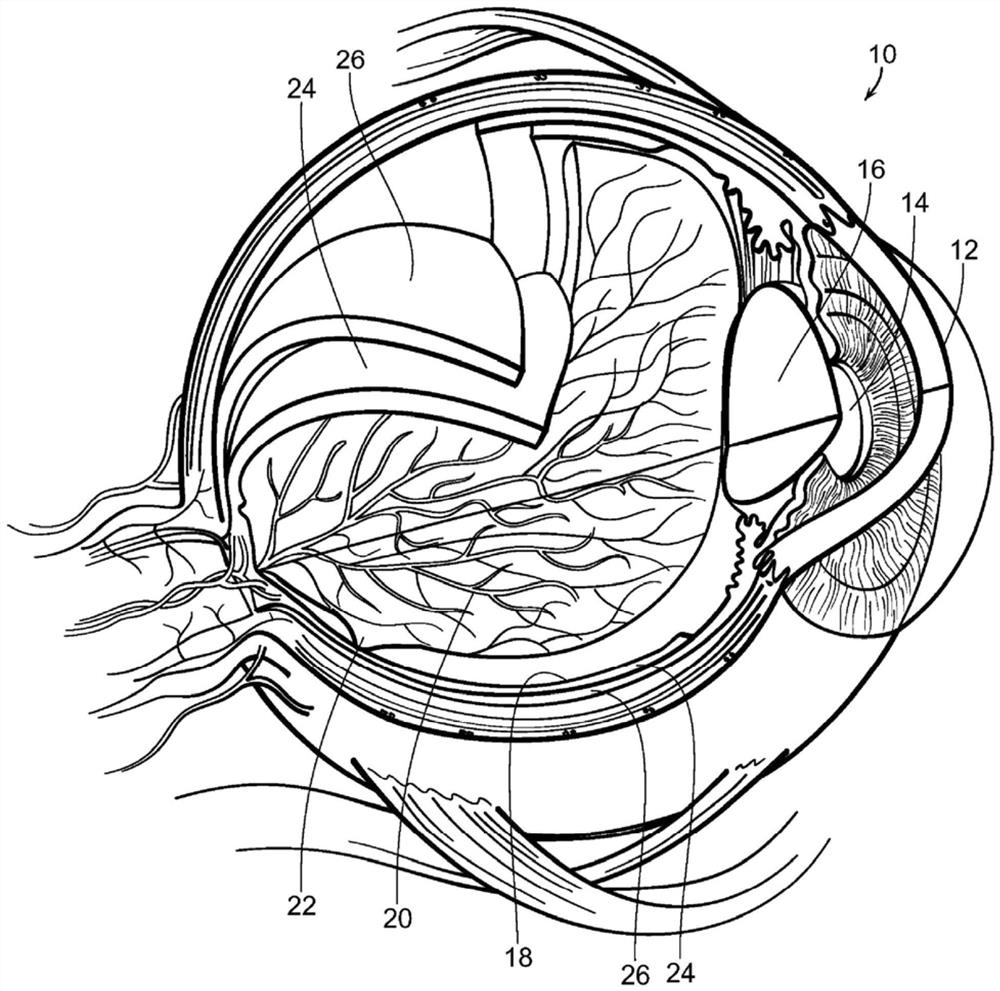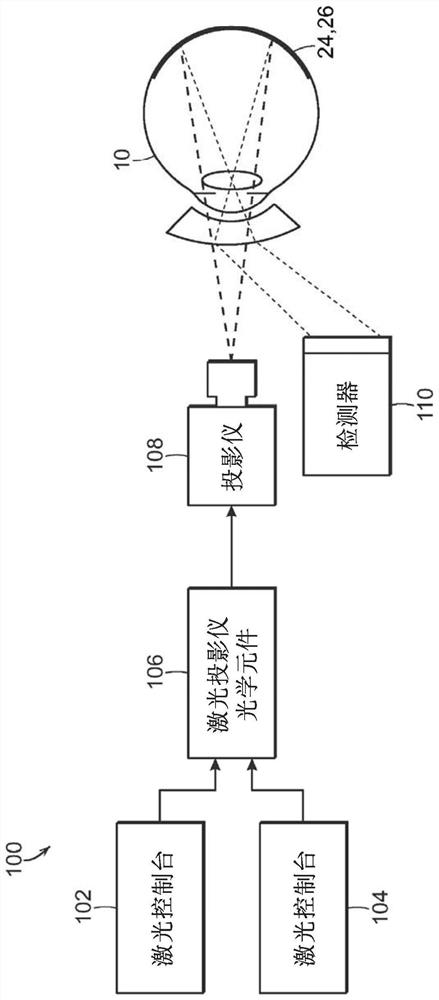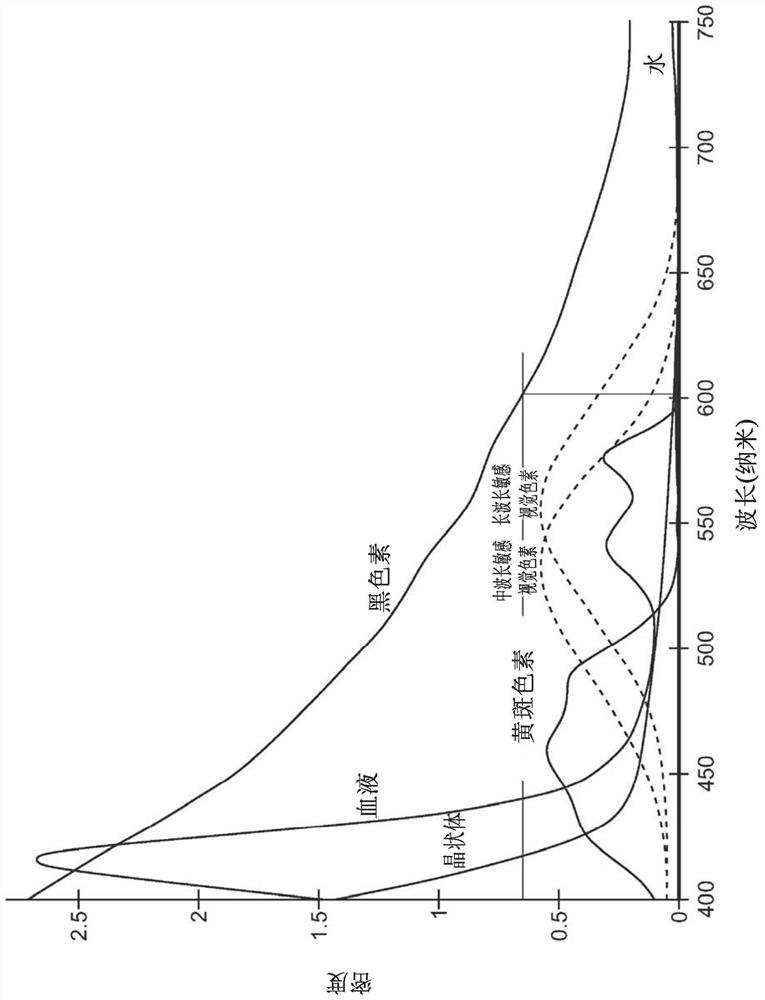Patents
Literature
45 results about "Pigmented retinal epithelium" patented technology
Efficacy Topic
Property
Owner
Technical Advancement
Application Domain
Technology Topic
Technology Field Word
Patent Country/Region
Patent Type
Patent Status
Application Year
Inventor
Method and apparatus for suprachoroidal administration of therapeutic agent
An apparatus for delivering therapeutic agent to an eye comprises a body, a cannula, a hollow needle, and an actuation assembly. The cannula extends distally from the body and is sized and configured to be insertable between a choroid and a sclera of a patient's eye. The actuation assembly is operable to actuate the needle relative to the cannula to thereby drive a distal portion of the needle along an exit axis that is obliquely oriented relative to the longitudinal axis of the cannula. The cannula may be inserted through a sclerotomy incision to position a distal end of the cannula at a posterior region of the eye, between the choroid and sclera. The needle may be advanced through the choroid to deliver the therapeutic agent adjacent to the potential space between the neurosensory retina and the retinal pigment epithelium layer, adjacent to the area of geographic atrophy.
Owner:GYROSCOPE THERAPEUTICS LTD +1
Prophylactic or therapeutic agent for retinal disease and method for prophylaxis or therapy of retinal disease using jnk (c-jun amino-terminal kinase) - inhibitory peptide, and use of the peptide
Intravitreal administration of a JNK-inhibitory peptide less than 150 amino acids in length, containing at least one D-amino acid, and having (a) a JNK-inhibitory sequence of at least any of SEQ ID NO: 1 and SEQ ID NO: 2, and (b) a transport sequence of at least any of SEQ ID NO: 3 and SEQ ID NO: 4 suppressed spermidine-induced retinal pigment epithelial damage, tunicamycin-induced photoreceptor cell damage, and laser-induced choroidal neovascularization. Thus, the JNK-inhibitory peptide of the present invention is useful for prophylaxis or therapy of a retinal disease. By the use of this JNK-inhibitory peptide, a drug and a method are provided which are capable of preventing or treating a retinal disease even by topical administration to the eye, and use of the JKN-inhibitory peptide for manufacturing the drug is also provided.
Owner:SANTEN PHARMA CO LTD
Screening method
InactiveUS20040013609A1Effect is exertedReduce contentSenses disorderMicrobiological testing/measurementEpitheliumErg
The invention relates to a method for identification of substances which are applicable for treatment or prevention of an insufficient longitudinal growth of the eye (hypermetropia) or for treatment or prevention of an excessive longitudinal growth of the eye (myopia); substances identified by the method for treating or preventing conditions related to the longitudinal growth of the eye; substances and mixtures of substances for the preparation of a pharmaceutical composition for the treatment or prevention of abnormal growth of the axial length of the eye. The identification involves measuring the effect of the substances on the retinal pigment epithelium of the eye, e.g. by detecting the metabolic effect of the substance on the retinal epithelium, the effect on the standing potential or the effect on the proteoglycanes of the scleral tissue of the eye, by way of EOG examination, by way on the size of the so-called c-wave in ERG-recordings, or by the state of the Ca<2+>-channels or on the [<3>H]-ryanodine receptors of the retinal pigment epithelium.
Owner:TRIER KLAUS
Slit lamp grid pattern laser treatment adapter
Embodiments of the invention provide systems and methods for treating the retina and / or other areas of a patient's eye. The procedures may involve using one or more treatment beams (e.g., lasers) to cause photocoagulation or laser coagulation to finely cauterize ocular blood vessels and / or prevent blood vessel growth to induce one or more therapeutic benefits. In other embodiments, a series of short duration light pulses (e.g., between 5-15 microseconds) may be delivered to the retinal tissue with a thermal relaxation time delay between the pulse to limit the temperature rise of the target retinal tissue and thereby limit a thermal effect to only the retinal pigment epithelial layer. Such procedures may be used to treat diabetic retinopathy, macular edema, and / or other conditions of the eye. The treatment beam may be delivered within a treatment boundary or pattern defined on the retina of the patient's eye.
Owner:IRIDEX CORP
Neural stem cell injection for treating senile dementia and Parkinson's disease
ActiveCN1966080ANo immune rejectionResume deliveryNervous disorderPharmaceutical active ingredientsTransfer cellSingle cell suspension
The invention relates to a nerve stem cell injection made from retina pigment epithelial cell, to treat paralysis agitans, wherein said injection at least comprises 3*106 nerve stem cells of human hRPE, while said nerve stem cells are cultivated from retina pigment epithelial cells. And its production comprises that: (1), separating and cultivating cells, that separating the hRPE cells, mixing uniformly to prepare single cell suspension; (2), hRPE cell cultivation and generation that digests original cultivation liquid, ending digestion, blowing and beating to form cell suspension, eccentrically filtering and removing the upper clear liquid, adding cultivating substrate, to disperse and form cell suspension, filtering with cell screen, transferring cell into cultivating bottle, generating to at least fifth generation; (3), adding common salt into hRPE nerve stem cell, to prepare cell suspension injection.
Owner:北京拓华伟业生物科技有限公司
Synpiii, a promoter for the specific expression of genes in retinal pigment epithelium
The present invention provides an isolated nucleic acid molecule comprising, or consisting of, the nucleic acid sequence of SEQ ID NO:1 or a nucleic acid sequence of at least 1000 bp having at least 80% identity to said sequence of SEQ ID NO:1, wherein said isolated nucleic acid molecule specifically leads to the expression in cells of the retinal pigment epithelium of a gene when operatively linked to a nucleic acid sequence coding for said gene.
Owner:FRIEDRICH MIESCHER INST FOR BIOMEDICAL RES
Gene therapy medicament for Leber congenital amaurosis
The invention provides a gene therapy medicament for specific expression of retinal pigment epithelium 65 (RPE65) of eyes in order to treat Leber congenital amaurosis. A vector contains a CMV enhancer, a promoter of a human RPE65 gene, a human RPE65 gene coding region and an intron composed sequence, and a poly A sequence and an artificially spliced RPE65 gene enhancer. The recombinant vector is mediated by a single chain and / or double chain adeno-associated virus (AAV), including but not limited to 9 type AAV type 9 (AAV9).
Owner:BEIJING GENECRADLE PHARM CO LTD
Retinal pigmented epithelium derived neurotrophic factor
InactiveUS20070281886A9Antibacterial agentsBiocidePIGMENT EPITHELIUM-DERIVED FACTORAbnormal tissue growth
The present invention relates to a purified retinal pigmented epithelium derived neurotrophic factor composition and a method for purifying such a retinal pigmented epithelium neurotrophic factor. The present invention also relates to a recombinant DNA molecule comprising a gene encoding a retinal pigmented epithelium derived neurotrophic factor having the DNA sequence or the amino acid sequence in SEQ ID NO:1 and to an organism transformed with the recombinant DNA molecule. In addition, the present invention relates to a method of treating tumors, ocular diseases, nerve injuries, and conditions resulting from the activity of serine proteases, which comprises administering PEDF.
Owner:NAT INST OF HEALTH REPRESENTED BY THE SEC OF THE DEPT OF HEALTH & HUMAN SERVICES NAT INST OF HEALTH
Nucleotide sequence for coding human receptor tyrosine kinase Mer and application of nucleotide sequence
ActiveCN111826378AImprove expression efficiencyPrevent or treat degenerationSenses disorderTransferasesNucleotideTyrosine
The invention relates to the technical field of biomedical gene treatment, and discloses a nucleotide sequence for coding human receptor tyrosine kinase Mer and application thereof. The nucleotide sequence disclosed by the invention and the nucleotide sequence shown in SEQ ID NO: 3 have more than or equal to 95% identity. The application proves that by using an AAV-MERTK drug for treatment, the retinal pathology symptoms of rats with retinitis pigmentosa caused by MERTK mutation can be remarkably improved, and retinal function recovery can be remarkably improved. The AAV-MERTK drug is injectedinto a vitreous cavity, MERTK can be efficiently expressed in a retinal pigment epithelium layer, and the thickness of a retinal outer nuclear layer is increased. Meanwhile, a retinal potential diagram shows that compared with a control group, the rats in an AAV-MERTK drug treatment group have strong response to stimulation. Therefore, the AAV-MERTK drug has the effect of preventing or treating the retinitis pigmentosa.
Owner:WUHAN NEUROPHTH BIOTECHNOLOGY LTD CO
Separated nucleic acid molecule and application thereof
ActiveCN111733174AImprove expression levelEasy to shapeSenses disorderPeptide/protein ingredientsDiseasePigmented retinal epithelium
The invention relates to a separated nucleic acid molecule. The separated nucleic acid molecule comprises a nucleotide sequence for coding a CAG promoter, a nucleotide sequence for coding first protein, a nucleotide sequence for coding second protein and a nucleotide sequence for coding a BGH signal site, wherein the first protein and the second protein are differently selected from the followingproteins: CYP4V2 protein and RdCVF protein; the nucleotide sequence for coding the CYP4V2 protein includes a nucleotide sequence of SEQ ID NO:168; the nucleotide sequence for coding the RdCVF proteinincludes a nucleotide sequence of SEQ ID NO:167. The invention also relates to an application of the nucleic acid molecule in the preparation of medicines for treating, alleviating and / or preventing diseases or symptoms associated with retinal pigment epithelium (RPE) atrophy.
Owner:CHIGENOVO CO LTD
Retinal pigment epithelial stem cells
The present invention relates to a retinal pigment epithelial stem cell isolated from a posterior region of the retinal pigment epithelium of an adult mammal. The invention also relates to a method of inducing differentiation of retinal epithelial stem and progenitor cells in vitro, wherein the cells of the invention are highly plastic, multipotential stem cells. The invention also includes methods for the treatment of retinal diseases and vision loss involving the transplantation of retinal pigment epithelial stem cells or cells differentiated from retinal pigment epithelial stem cells to the retina of a patient in need of treatment.
Owner:REGENERATIVE RES FOUND
Peroxisome proliferator-activated receptor gamma selective agonists for inhibition of retinal pigment epithelium degeneration or geographic atrophy
InactiveUS20190152967A1Small sizeInhibit progressOrganic active ingredientsOrganic chemistryTroglitazoneGeographic atrophy
The invention provides a solution to the clinical problem of retinal pigment epithelium (RPE) degeneration or geographic atrophy (GA) associated with AMD. PPARΥ selective agonists, e.g., troglitazone and analogs thereof are used to reduce or inhibit RPE degeneration, GA, and / or the progression of dry AMD.
Owner:THE SCHEPENS EYE RES INST
Stem cell-derived cell cultures, stem cell-derived three dimensional tissue products, and methods of making and using the same
PendingUS20210317403A1Promotes survival and functionSuitable environmentCulture processNervous system cellsPigmented retinal epitheliumBiochemistry
Provided herein are methods for generating stem cell-derived retinal pigment epithelial monolayer cultures as well as methods of using the same. Also provided are populations of retinal pigment epithelial cells prepared according to these methods. In addition, three-dimensional tissue products derived from human induced pluripotent stem cells are also provided along with methods of making and using the same.
Owner:UNIV OF COLORADO THE REGENTS OF
Methods for producing retinal tissue and retina-related cell
ActiveUS10973854B2Improve efficiencySolve low usageCulture processNervous system cellsPigmented retinal epitheliumNeural cell
Owner:SUMITOMO CHEM CO LTD +1
Methods and materials for using fibrin supports for retinal pigment epithelium transplantation
ActiveUS20200061246A1Large area coverageConfirm the suitability of fibrin as a substrateOrganic active ingredientsSenses disorderPigmented retinal epitheliumOphthalmology
This document provides methods and materials for performing retinal pigment epithelium transplantation. For example, methods and materials for using fibrin supports for retinal pigment epithelium transplantation are provided.
Owner:MAYO FOUND FOR MEDICAL EDUCATION & RES
Method and device for treating retinal detachment
ActiveUS10736775B2Laser surgeryControlling energy of instrumentPigmented retinal epitheliumOphthalmology
A device for fusing two or more tissues is disclosed. The device comprises a hand held probe comprising a fluid receiving opening, a channel and an outlet in fluid communication whereby fluid passes through the channel and exits the outlet where it is directed to at least one of the two or more tissues and / or a space in-between. A disruptive emitter comprised on the probe which emits a force sufficient to fuse the two or more tissues. The device finds particular application to treatment of a detached retina by fusing the retina and the retinal pigmented epithelium. A method of fusing two or more tissues including a retina and underlying retinal pigmented epithelium is also disclosed.
Owner:HERIOT EYECARE PTY LTD
Photosensitive type vitreous injectable gel as well as preparation method and application thereof
ActiveCN114042157APortfolio sources are readily availableLow costSenses disorderHydroxy compound active ingredientsUpconversion nanoparticleEye posterior segment
The invention relates to photosensitive type vitreous injectable gel as well as a preparation method and application thereof. The photosensitive type vitreous injectable gel is prepared from a bulk drug, a photosensitive material, upconversion nanoparticles (UCNPs) and water, wherein the bulk drug is prepared by compounding a traditional Chinese medicine active ingredient for inhibiting angiogenesis-oxidative stress and a traditional Chinese medicine active ingredient for promoting autophagy of retinal pigment epithelium (RPE); and the photosensitive material is hyaluronic acid in which a carboxyl group is covalently connected with a photosensitive group. The efficacy of treating age-related macular degeneration is enhanced through reasonable natural medicine combination; and the medicine delivery capacity of the posterior segment of the eye is improved by assembling a proper medicine delivery system, CNV formation is jointly inhibited from the two aspects of treatment medicine combination and medicine delivery efficiency, pathogenic signals are blocked in multiple links, and AMD treatment effect is improved.
Owner:JIANGSU PROVINCE INST OF TRADITIONAL CHINESE MEDICINE
Multi-spot ophthalmic laser
PendingUS20210128348A1High energy intensity spotLaser surgerySurgical instrument detailsPigmented retinal epitheliumPulse energy
A multi-spot ophthalmic laser device that produces spatially distributed laser spots with the spatial distribution of the laser spots defined by a spot diameter to space ratio in the range 1:2 to 1:20. The multi-spot ophthalmic laser device comprises: a laser module producing a laser pulse or sequence of laser pulses each having: a pulse duration in the range of 10 ps to 20 μs; a wavelength in the range 500 nm to 900 nm; and a pulse energy in the range 10 μJ to 10 mJ per pulse; and an optical beam profiling module that modifies an output beam profile of each pulse of the laser module to deliver multiple spatially distributed laser spots of defined size and energy. The multi-spot ophthalmic laser device is used in a method of improving the function of the retina of a human eye by irradiation through the cornea of the eye to the retinal pigmented epithelium by a treatment laser having a beam profile with spatially distributed energy peaks.
Owner:ELLEX MEDICAL
Retinal pigment epithelial cell and its preparation method and application
ActiveCN110042082BHigh purityFunctionalSenses disorderNervous system cellsPluripotential stem cellPigmented retinal epithelium
The invention relates to the field of cellular biology, in particular to a retinal pigment epithelial cell and a preparation method and application thereof. The retinal pigment epithelial cell expresses MITF and ZO-1. The preparation method of the retinal pigment epithelial cell comprises the following steps of S1: culturing human pluripotent stem cells; S2: differentiating the human pluripotent stem cells obtained in S1 into retinal pigment epithelial precursor cells; S3: differentiating the retinal pigment epithelial precursor cells obtained in S2 into immature retinal pigment epithelial cells; and S4: differentiating the immature retinal pigment epithelial cells obtained in S3 to obtain retinal pigment epithelial cells. The preparation method can differentiate pluripotent stem cells rapidly, efficiently and simply to obtain retinal pigment epithelial cells. In addition, no system containing serum or a serum substitute is used in the preparation method provided by the invention. Thedifferentiation efficiency is high and the differentiation effect is stable. The purification method is simple and the obtained cell has high purity.
Owner:安徽中盛溯源生物科技有限公司
Treatments for retinal disorders
ActiveUS20200121711A1Little and no toxicityLower blood lipid levelsOrganic active ingredientsNanomedicineRetinal DisorderOPHTHALMOLOGICALS
The present invention relates to the use of cyclic oligosaccharides as chemical complexants of lipofuscin bisretinoids (A2E) to prevent and treat eye (i.e., retinal or macular) disease. Monomeric, dimeric, multimeric, or polymeric oligosaccharide rings act as pharmacologic agents to prevent and treat ophthalmologic disorders triggered by the accumulation of lipofuscin in the retinal pigment epithelium (RPE), which occurs as a consequence of either genetic disorders, such as Stargardt Disease (SD) and Best Disease (BD), or aging, such as Age-Related Macular Degeneration (AMD), or other diseases, such as retinitis pigmentosa, and cone-rod dystrophy.
Owner:CORNELL UNIVERSITY
Biodegradable tissue replacement implant and its use
Owner:UNITED STATES OF AMERICA
SynPIII, promoter for specific expression of genes in retinal pigment epithelium
PendingCN111542611AVectorsVector-based foreign material introductionPigmented retinal epitheliumNucleic acid sequencing
The present invention provides an isolated nucleic acid molecule comprising, or consisting of, the nucleic acid sequence of SEQ ID NO:1 or a nucleic acid sequence of at least 1000 bp having at least 80% identity to the sequence of SEQ ID NO:1, wherein the isolated nucleic acid molecule specifically leads to the expression in cells of the retinal pigment epithelium of a gene when operatively linkedto a nucleic acid sequence coding for the gene.
Owner:FRIEDRICH MIESCHER INST FOR BIOMEDICAL RES
Eye fundus hydrops segmentation method of OCT image
PendingCN113744285AGuaranteed image qualityReduce pixel dataImage enhancementImage analysisImaging qualityEdge extraction
The invention is suitable for the technical field of medical image processing, and provides a fundus hydrops segmentation method of an OCT image, which comprises the following steps of: 1, carrying out noise reduction processing on the input OCT image by using a non-local mean algorithm; 2, correcting the gray level of the OCT image by using an algorithm 1; 3, adopting a Canny edge extraction and second-order polynomial fitting mode to determine the uppermost edge and the lowermost edge as the boundary of the inner boundary membrane and the retinal pigment epithelium, and selecting the region, between the inner boundary membrane and the retinal pigment epithelium, of the image as the region of interest of subsequent processing; 4, clustering by using an improved fuzzy clustering algorithm, and segmenting effusion; and 5, performing level set evolution by using a level set algorithm, and realizing fundus effusion segmentation through iteration. According to the method, pixel data needing to be processed is reduced under the condition that the image quality is guaranteed, the fuzzy clustering result serves as a dynamic constraint item of the level set method to control evolution of the level set, the method is not affected by a randomly-set initial level set, and the accuracy is effectively improved.
Owner:JILIN UNIV
Biodegradable tissue replacement implant and its use
Tissue replacement implants are disclosed that include polarized retinal pigment epithelial cells on a polylactic-co-glycolic acid) (PLGA) scaffold, wherein the PLGA scaffold is 20-30 microns in thickness, has a DL-lactide / glycotide ratio of about 1:1, an average pore size of less than about 1 micron, and a fiber diameter of about 150 to about 650 nm. Also disclosed are methods of treating a subject with a retinal degenerative disease, retinal or retinal pigment epithelium dysfunction, retinal degradation, retinal damage, or loss of retinal pigment epithelium. These methods include locally administering to the eye of the subject the tissue replacement implant. In further embodiments, methods are disclosed for producing the tissue replacement implant.
Owner:UNITED STATES OF AMERICA
Macs-based purification of stem cell-derived retinal pigment epithelium
PendingUS20220033770A1Genetically modified cellsNervous system cellsPigmented retinal epitheliumCD24
Provided herein are methods of enriching a retinal pigment epithelium (RPE) cell population derived from stem cells. Such a method may comprise removing contaminating cells through the depletion of CD24 positive cells, CD56 positive cells, and / or CD90 positive cells from a starting population of RPE cells.
Owner:FUJIFILM CELLULAR DYNAMICS INC
A kind of isolated nucleic acid molecule and its use
The present application relates to an isolated nucleic acid molecule comprising a nucleotide sequence encoding a CAG promoter, a nucleotide sequence encoding a first protein, a nucleotide sequence encoding a second protein and a nucleoside encoding a BGH signal site An acid sequence, wherein the first protein and the second protein are each differently selected from the group consisting of CYP4V2 protein and RdCVF protein, wherein the nucleotide sequence encoding the CYP4V2 protein comprises the nucleotide sequence of SEQ ID NO:168, The nucleotide sequence encoding the RdCVF protein comprises the nucleotide sequence of SEQ ID NO:167. The present application also relates to the use of the nucleic acid molecule in the preparation of a medicament for treating, alleviating and / or preventing diseases or conditions associated with retinal pigment epithelium (RPE) atrophy.
Owner:CHIGENOVO CO LTD
A gene therapy drug for congenital black disease
The invention provides a gene therapy drug for eye-specific expression of retinal pigment epithelium 65 (RPE65) for treating Leber congenital amaurosis. The vector contains CMV enhancer, human RPE65 gene promoter, human RPE65 gene coding region and intron composition sequence, polyA sequence and artificially spliced RPE65 gene enhancer. The recombinant vector is mediated by single- and / or double-stranded adeno-associated virus (AAV) vectors, including but not limited to adeno-associated virus type 9 (AAV9).
Owner:BEIJING GENECRADLE PHARM CO LTD
Nucleotide sequence encoding human receptor tyrosine kinase mer and application thereof
ActiveCN111826378BImprove expression efficiencyPrevent or treat degenerationSenses disorderTransferasesNucleotideTyrosine
The invention relates to the technical field of biomedical gene therapy, and discloses a nucleotide sequence encoding human receptor tyrosine kinase Mer and its application. The nucleotide sequence of the present invention has ≥95% identity with the nucleotide sequence shown in SEQ ID NO:3. The present invention proves that AAV-MERTK drug treatment can significantly improve retinal pathological symptoms and restore retinal function in rats with retinitis pigmentosa caused by MERTK mutation. Intravitreal injection of AAV‑MERTK drugs can highly express MERTK in the retinal pigment epithelium and increase the thickness of the outer nuclear layer of the retina. At the same time, the electroretinogram showed that compared with the control group, the rats in the AAV‑MERTK drug treatment group responded strongly to the stimulus. Therefore, this AAV‑MERTK drug has the effect of preventing or treating retinitis pigmentosa.
Owner:WUHAN NEUROPHTH BIOTECHNOLOGY LTD CO
Peptide compositions and methods of use
PendingCN113651873AConducive to survivalInhibit apoptosisBiocideSenses disorderPigmented retinal epitheliumApoptosis
Provided herein are compositions including peptides, pharmaceutical preparations thereof, and methods of preventing photoreceptor death therewith and protecting of retinal cells, including, but not limited to, photoreceptors and retinal pigment epithelium, from Fas- or TRAIL-mediated apoptosis.
Owner:ONL医疗股份有限公司 +1
System and process for adjusting treatment parameters for retina phototherapy based on rpe melanin levels
A system and process for safely providing retinal phototherapy includes generating first and second light beams of a different wavelength. The first and second light beams are applied to a retinal pigment epithelium (RPE) (24) and choroid (26) of an eye (10). The amount of light reflected from the eye from the first light beam and the second light beam is measured, such as using a reflectometer (110). A level or concentration of the melanin within the eye is calculated using the measured amount of light reflected from the eye from the first and second light beams. When the content or density of melanin in the RPE exceeds a predetermined amount, one or more treatment parameters of the retinal phototherapy is adjusted.
Owner:OJAI RETINAL TECH
Features
- R&D
- Intellectual Property
- Life Sciences
- Materials
- Tech Scout
Why Patsnap Eureka
- Unparalleled Data Quality
- Higher Quality Content
- 60% Fewer Hallucinations
Social media
Patsnap Eureka Blog
Learn More Browse by: Latest US Patents, China's latest patents, Technical Efficacy Thesaurus, Application Domain, Technology Topic, Popular Technical Reports.
© 2025 PatSnap. All rights reserved.Legal|Privacy policy|Modern Slavery Act Transparency Statement|Sitemap|About US| Contact US: help@patsnap.com
